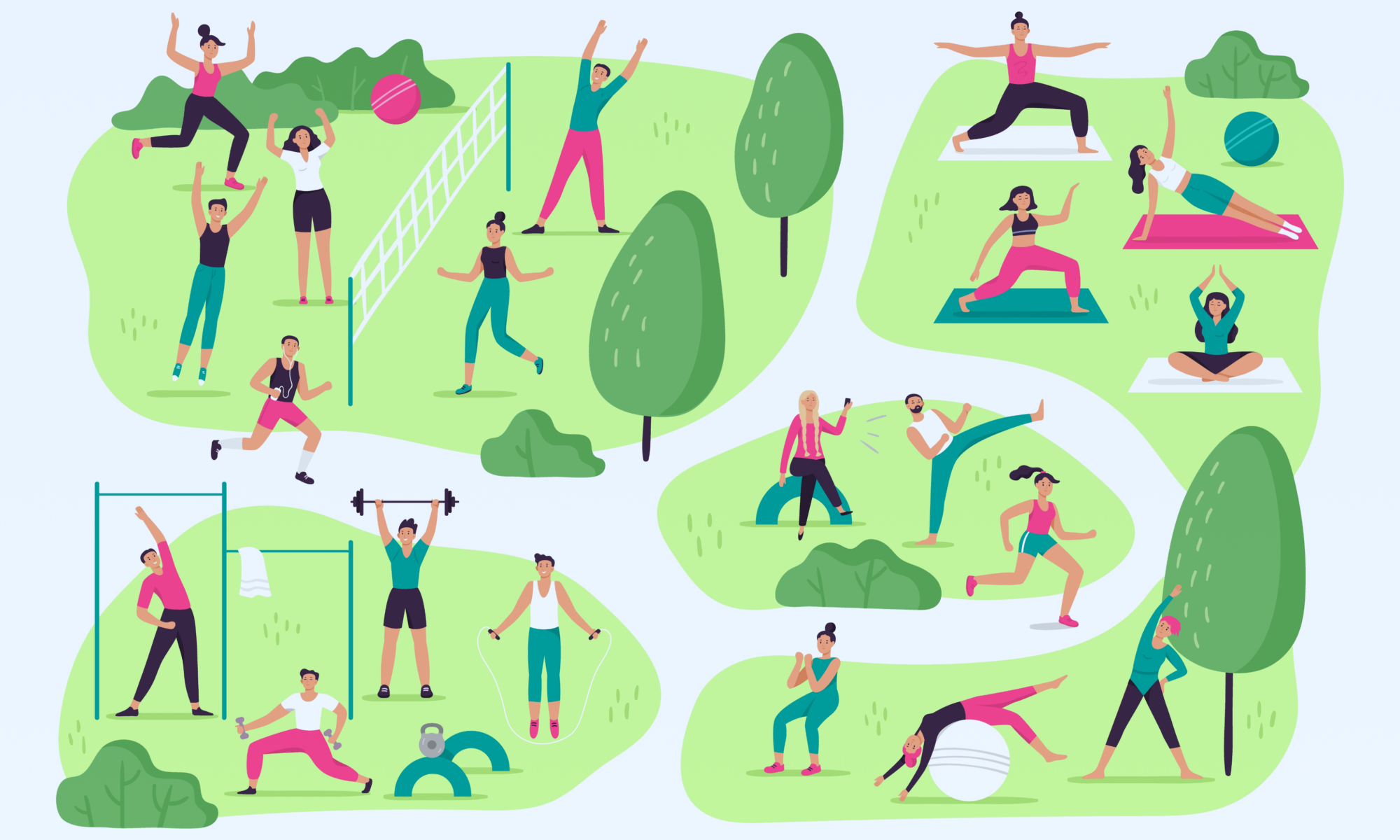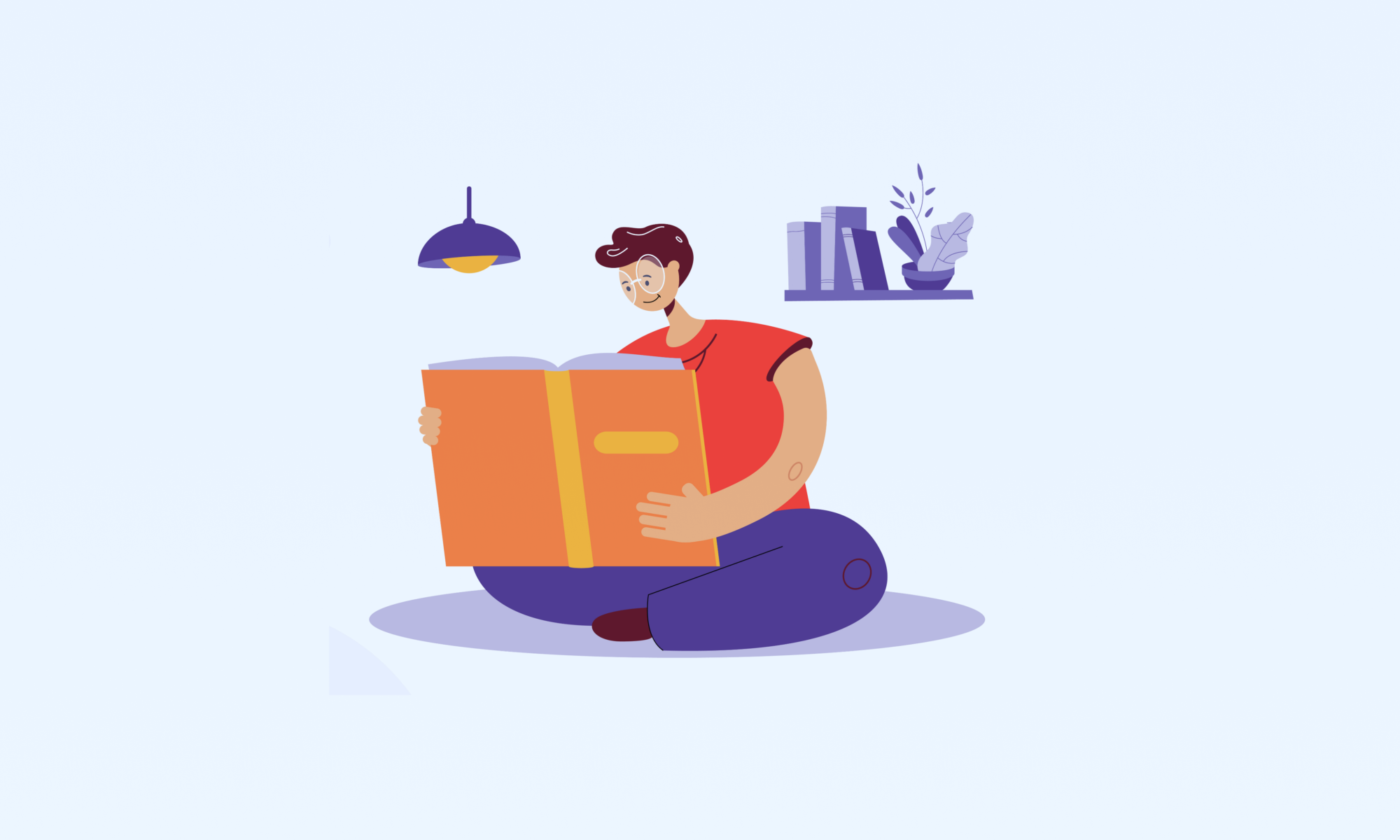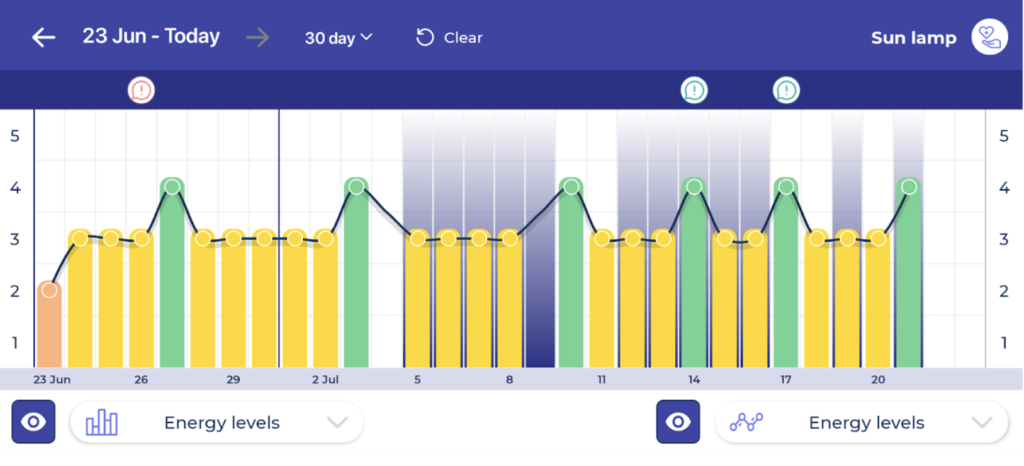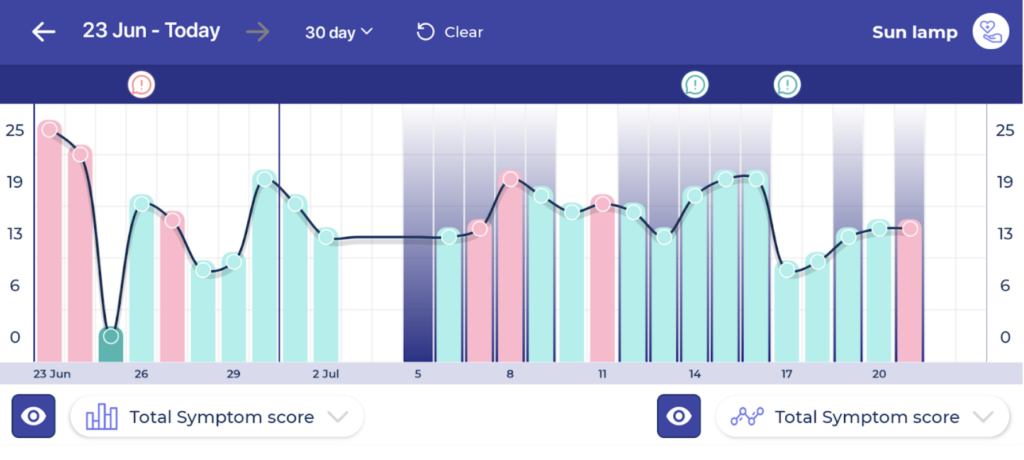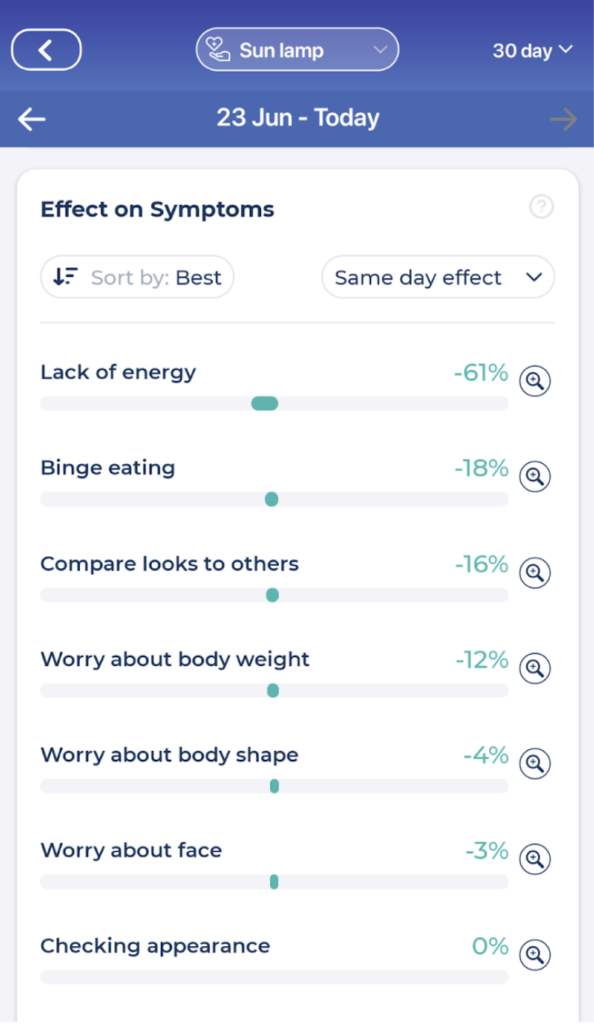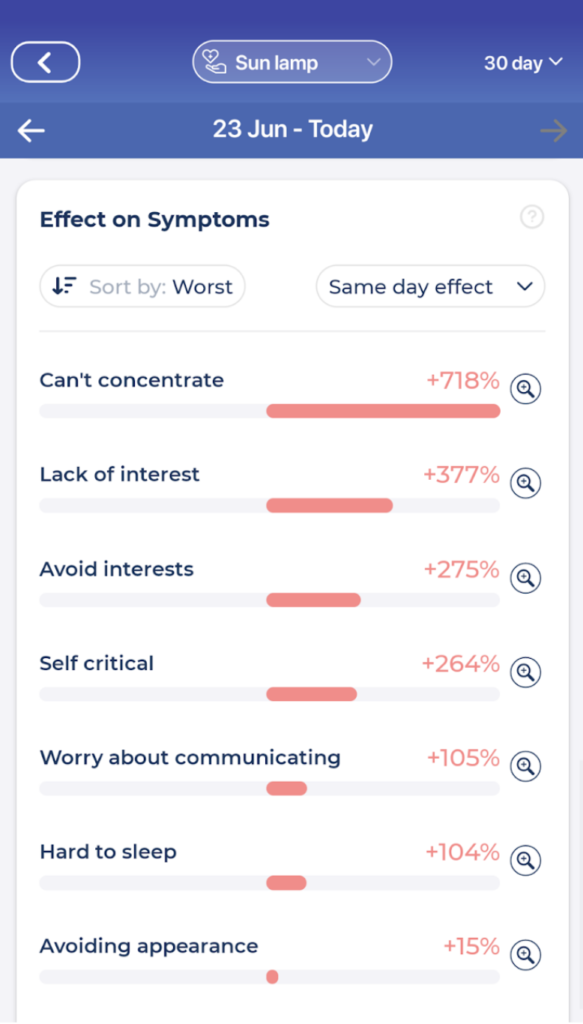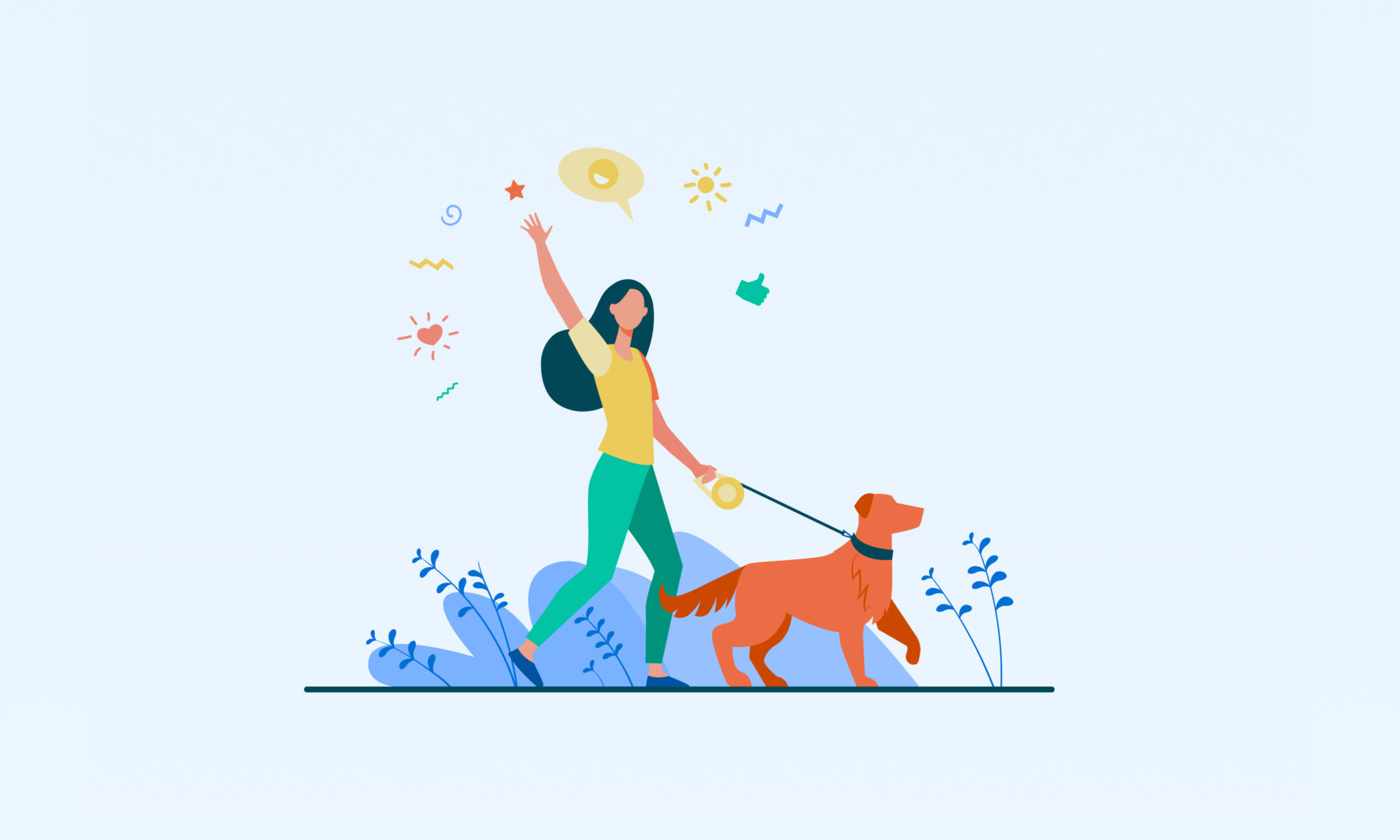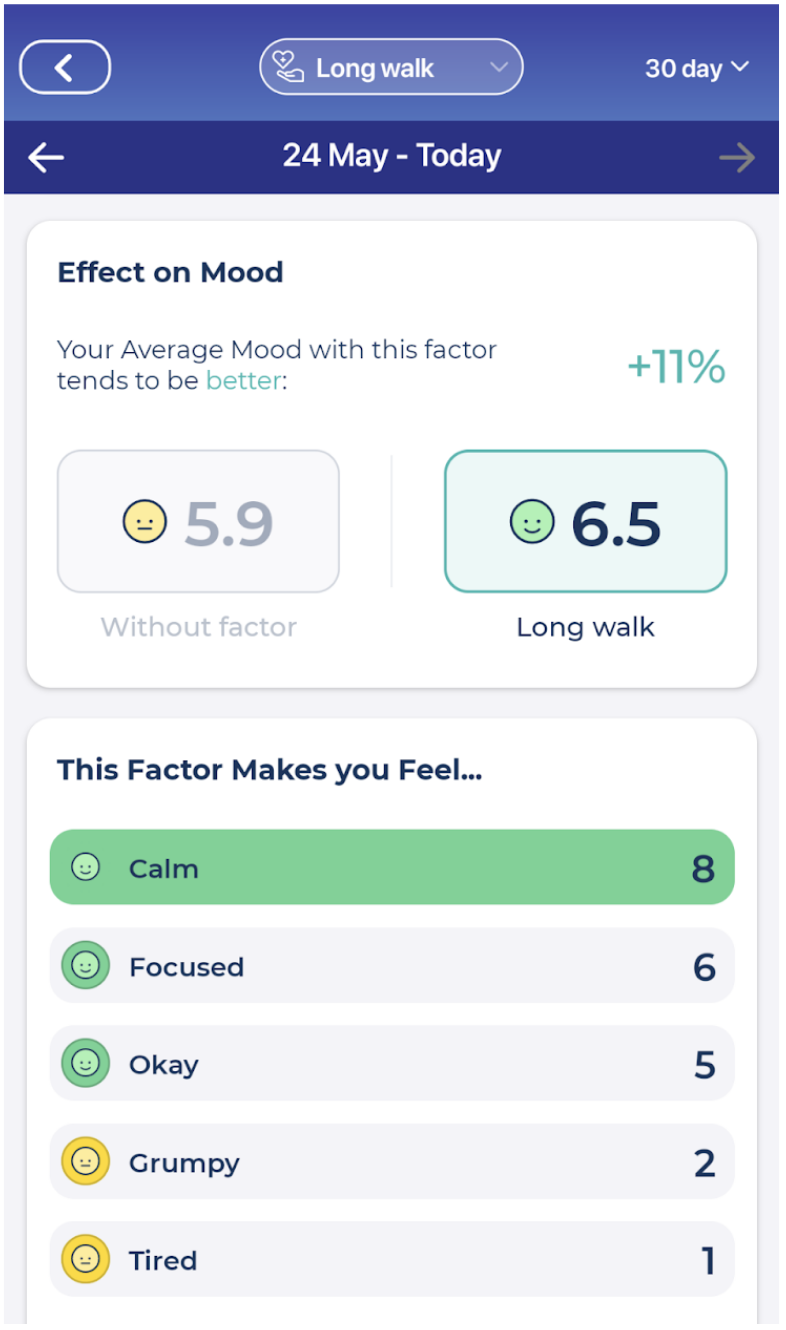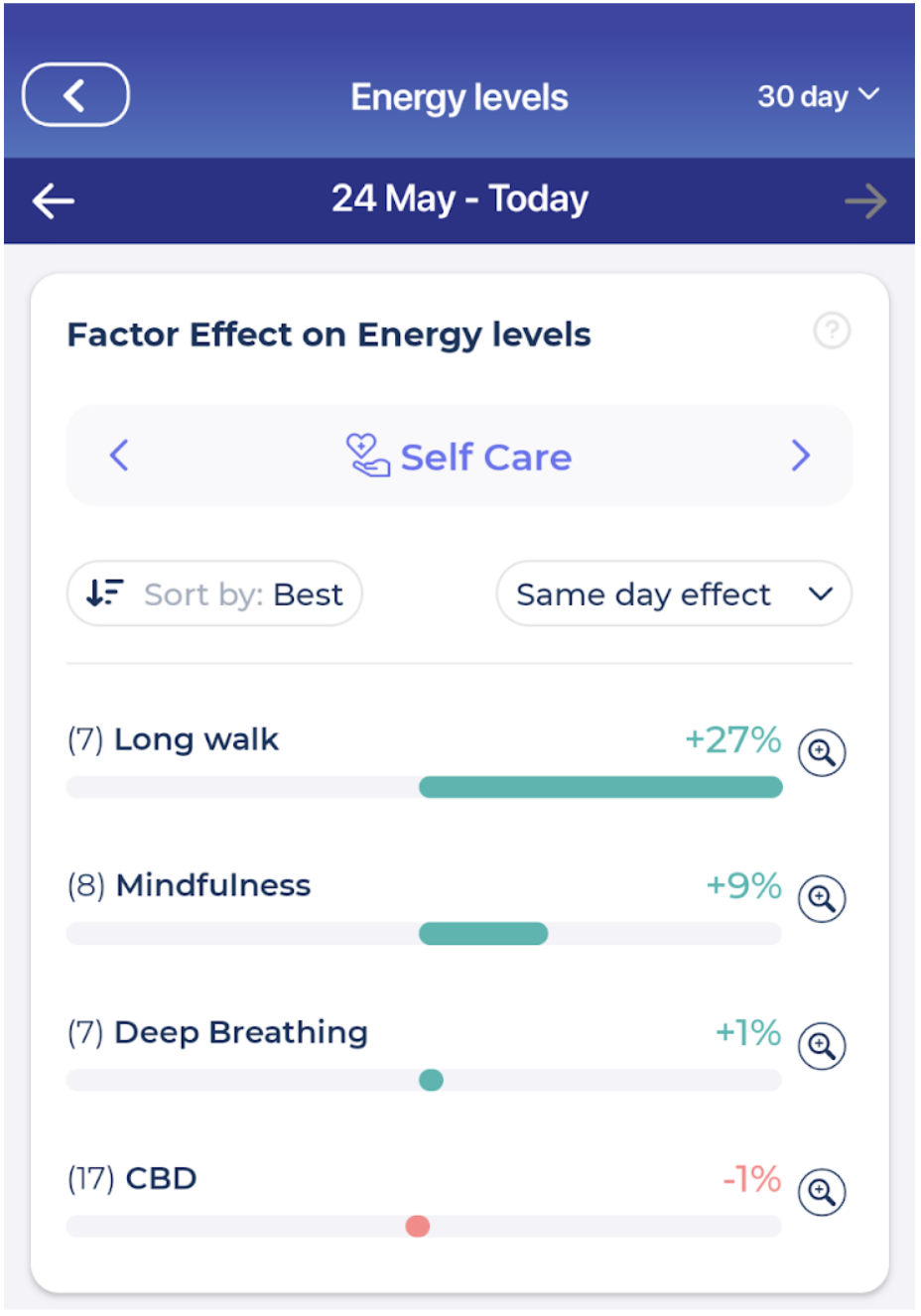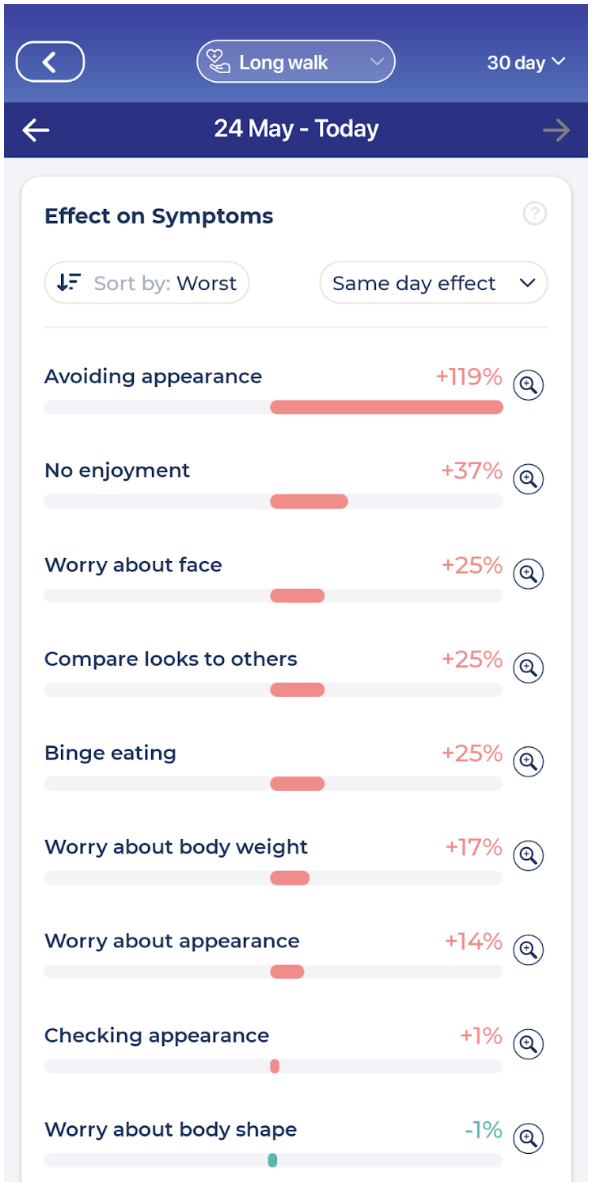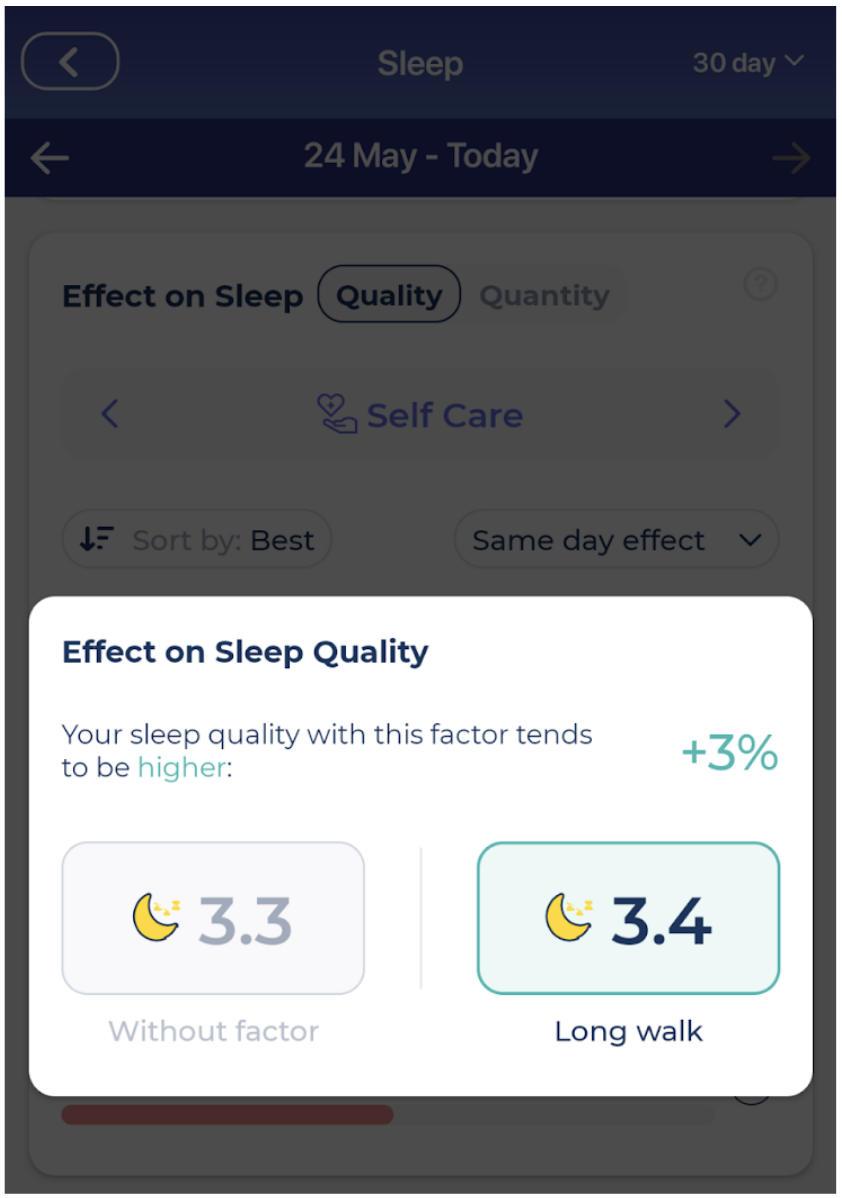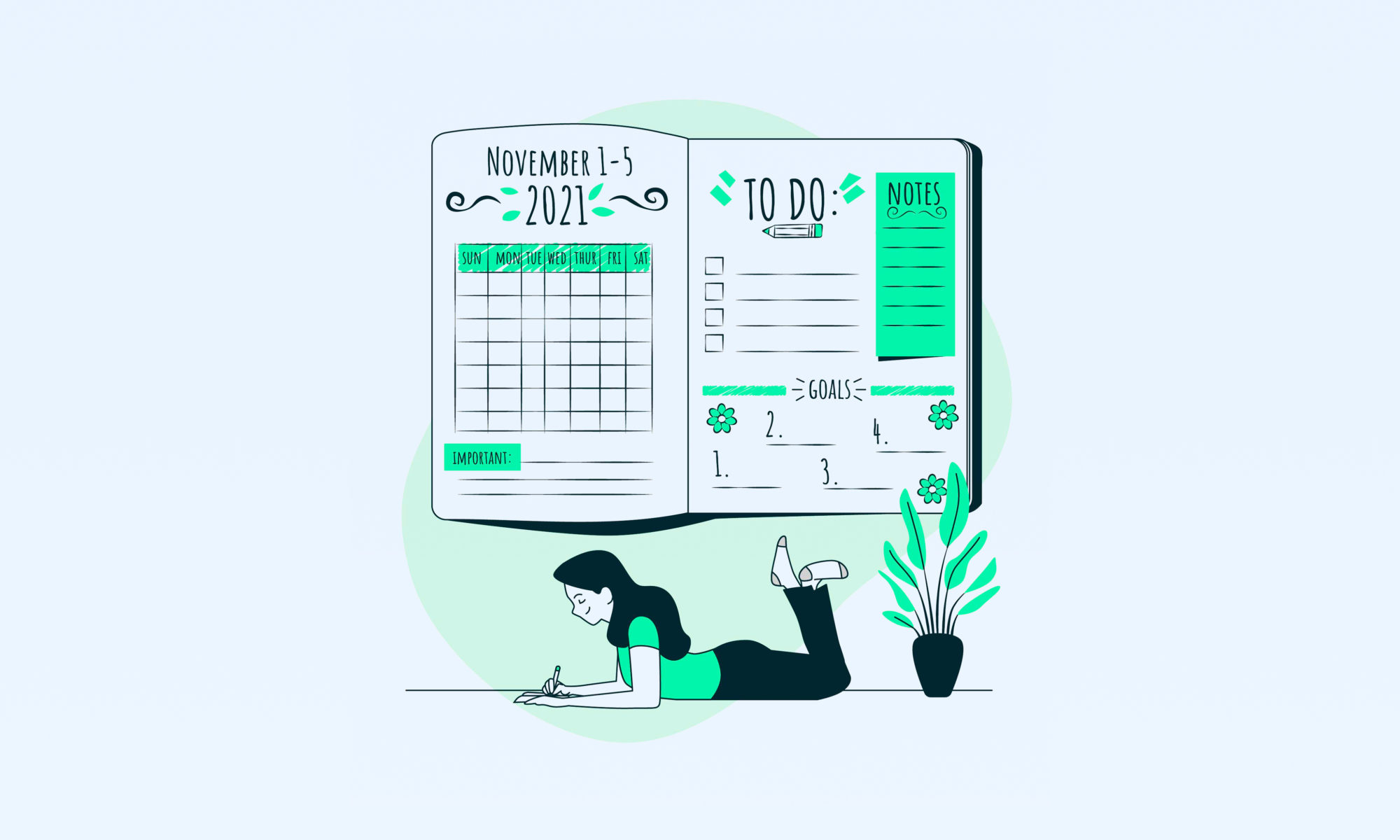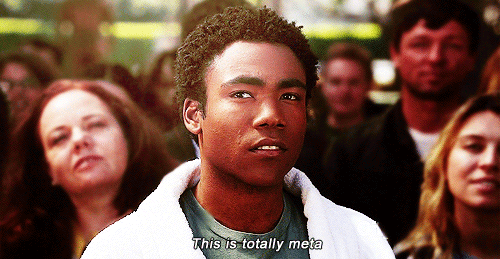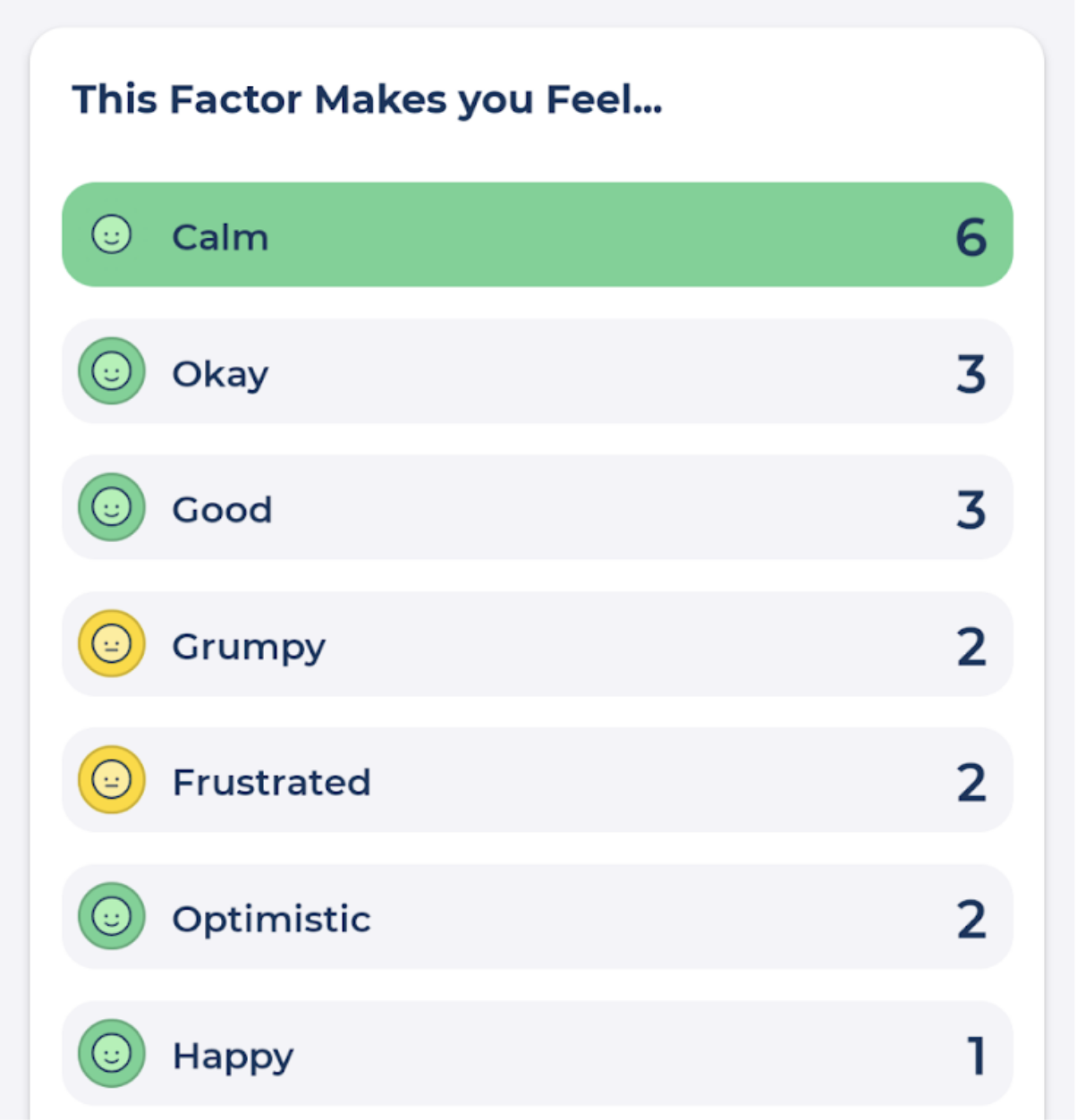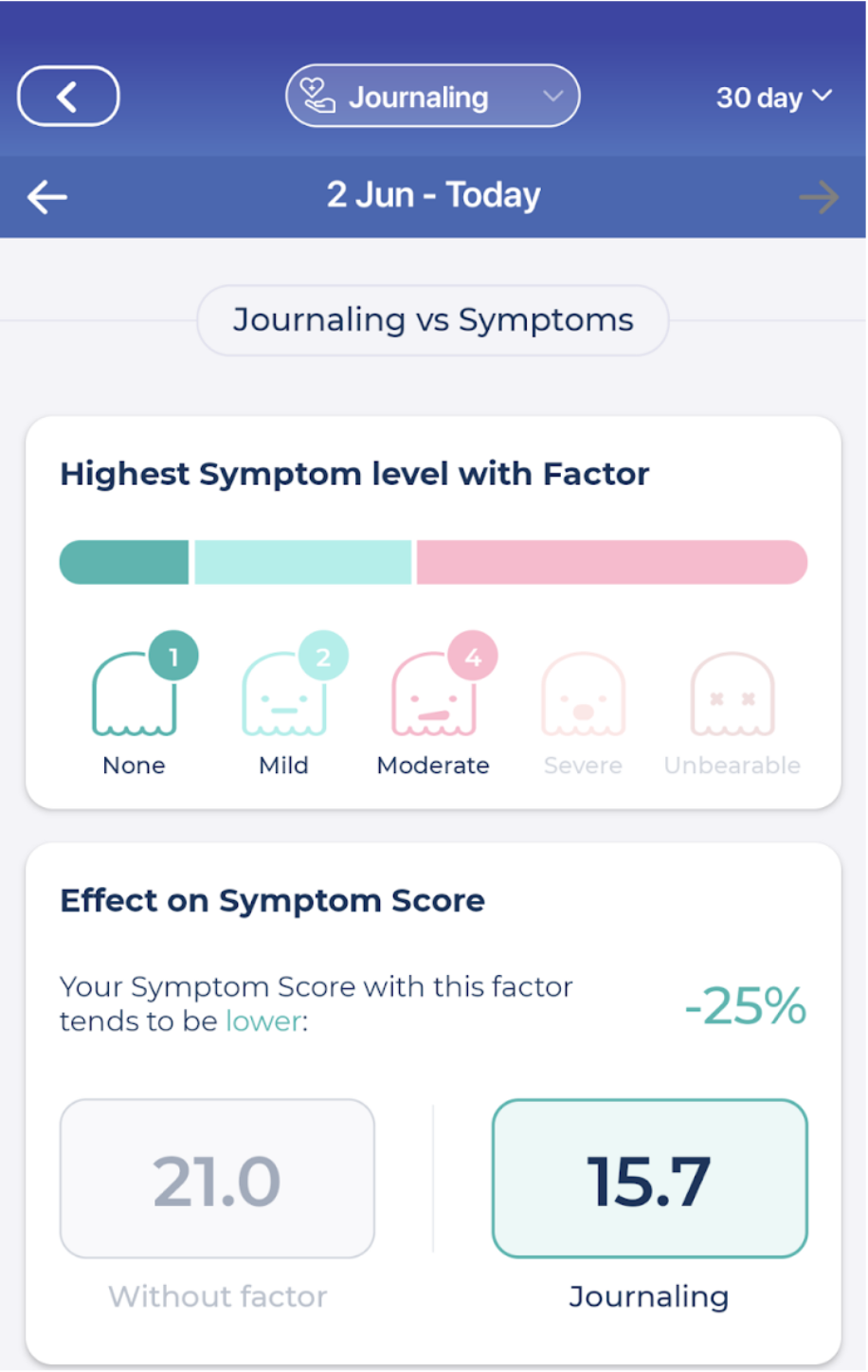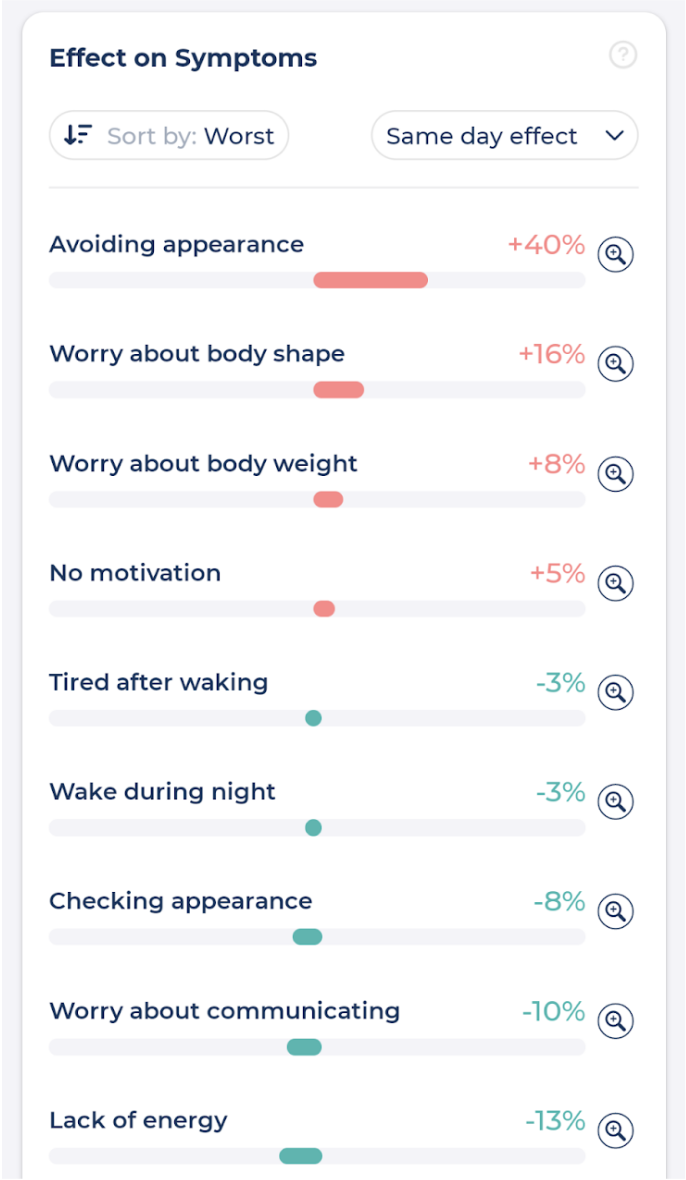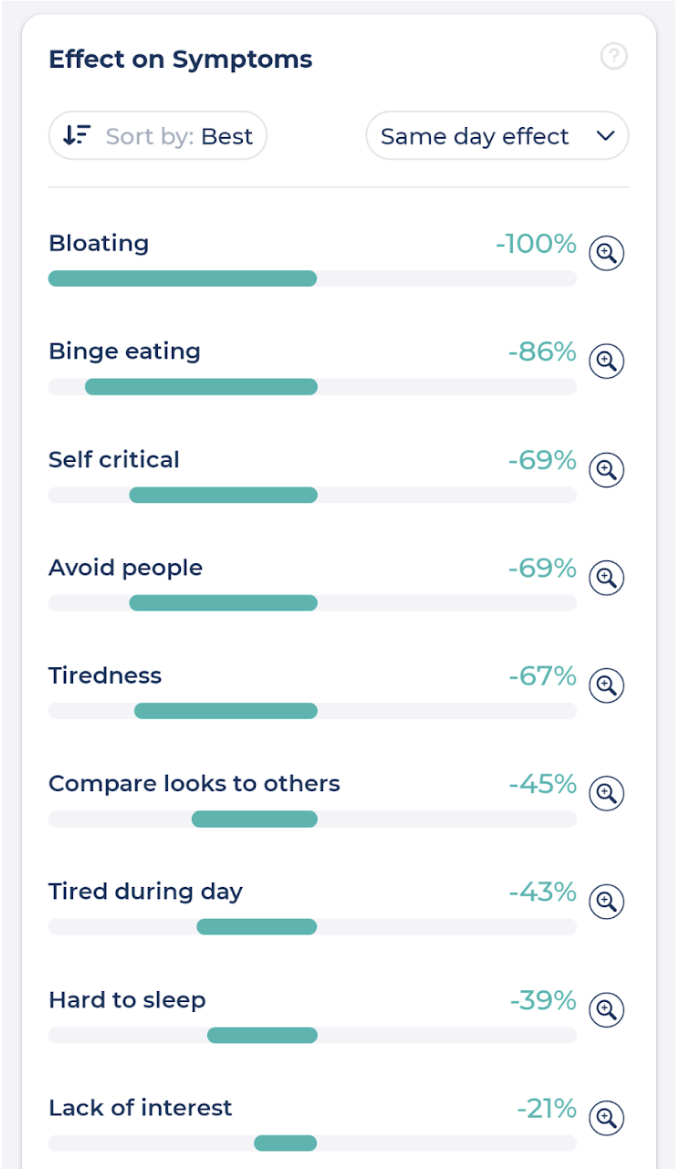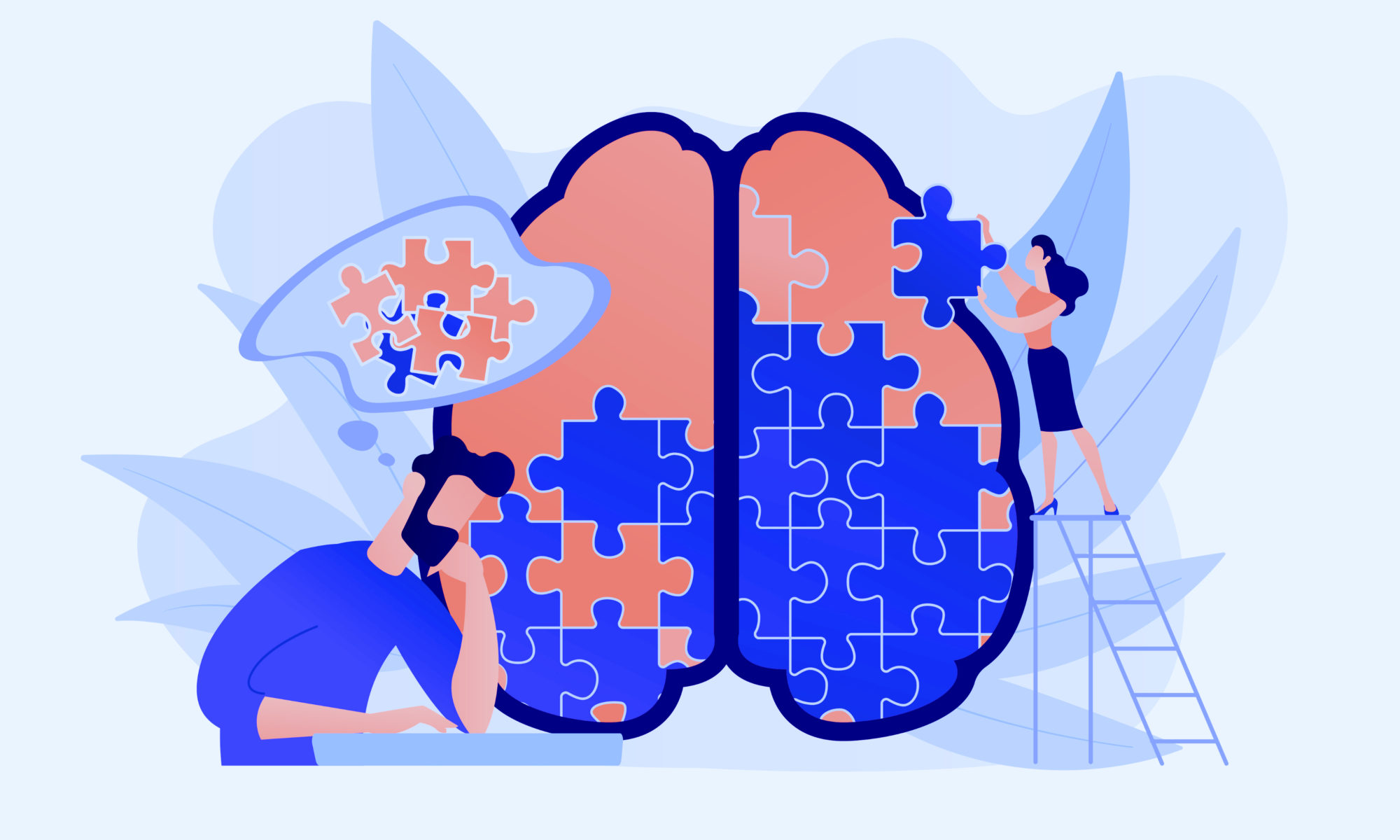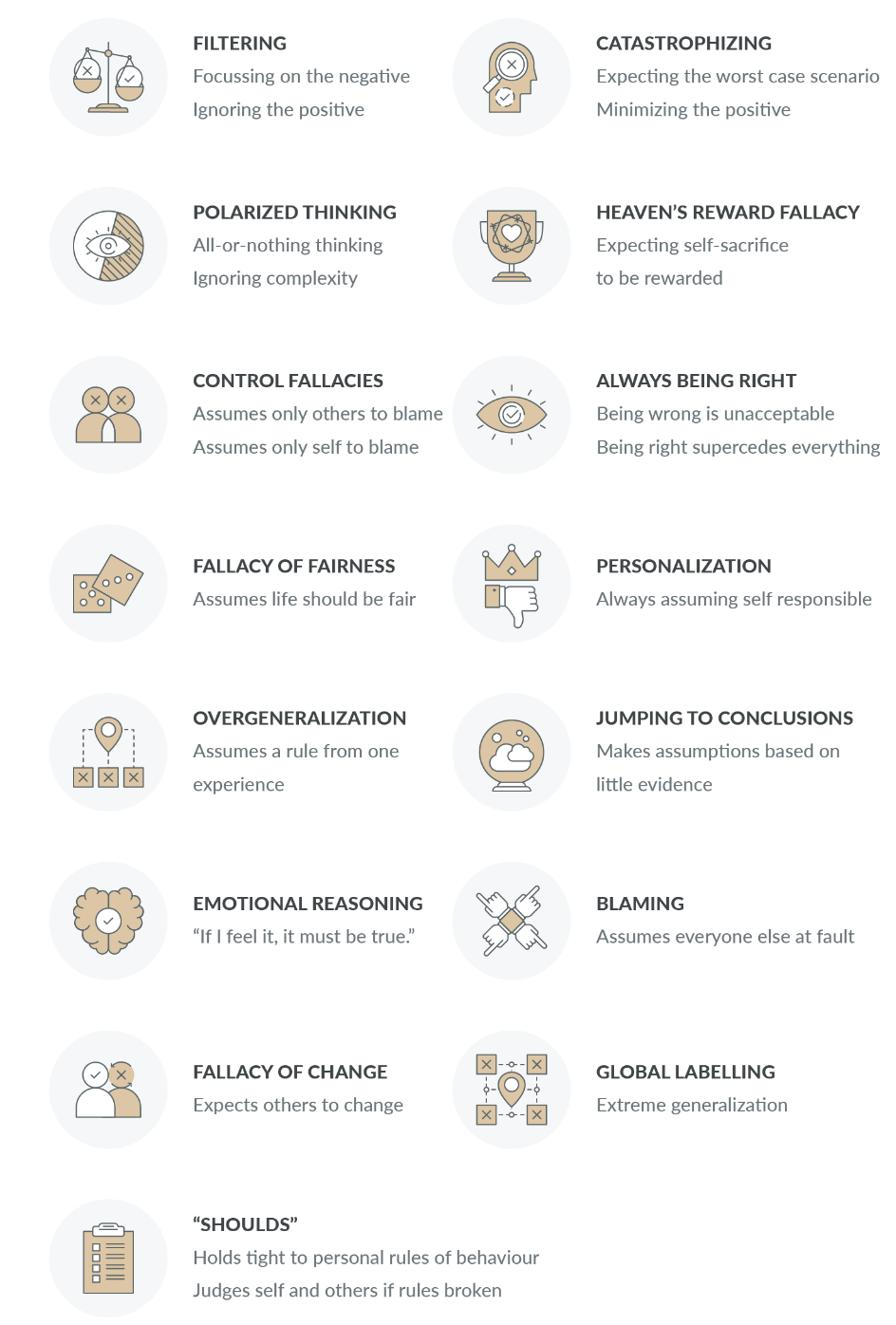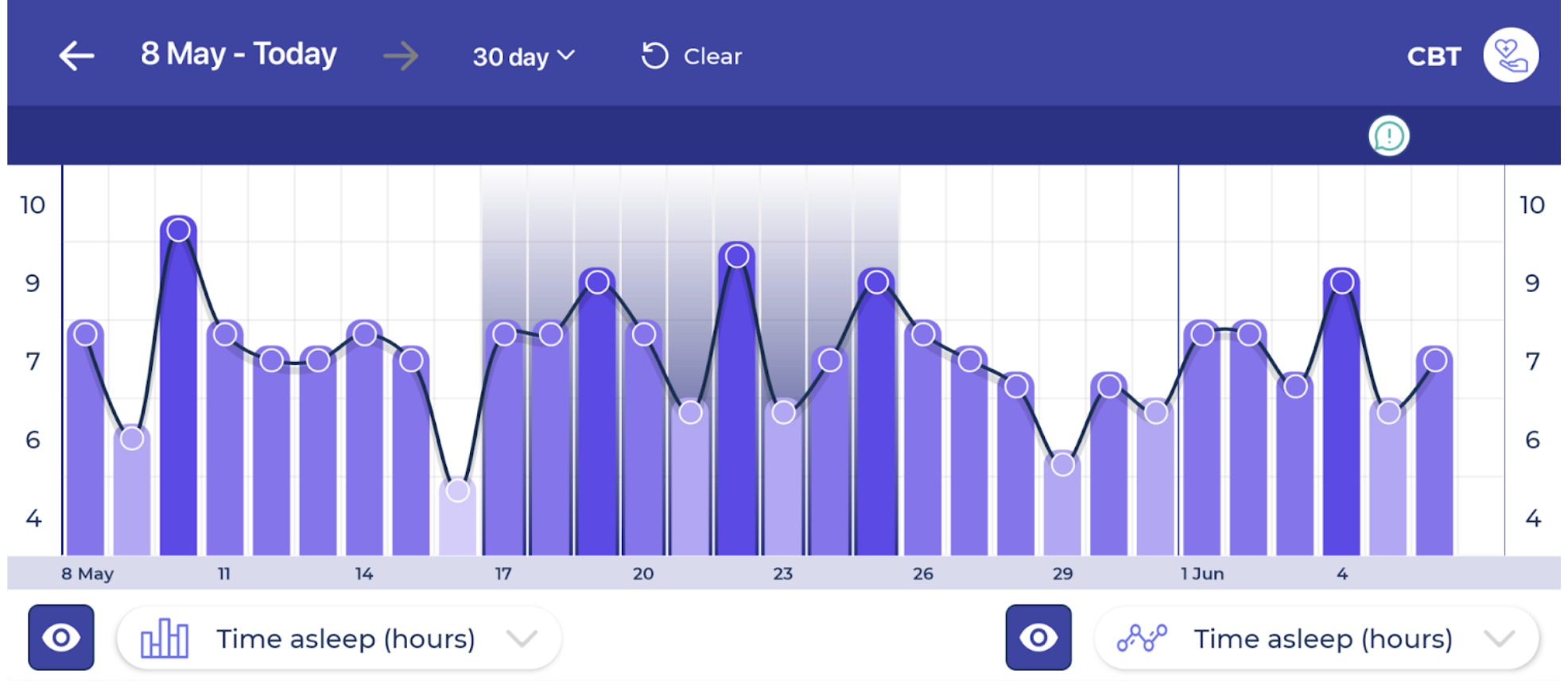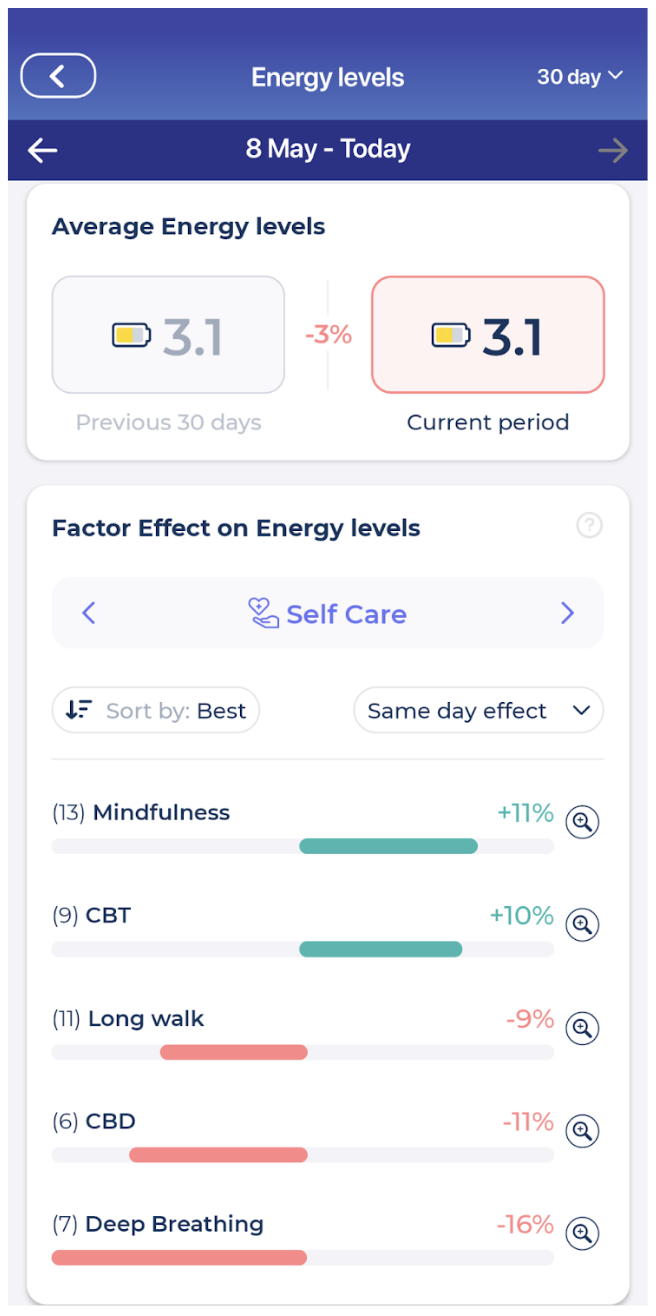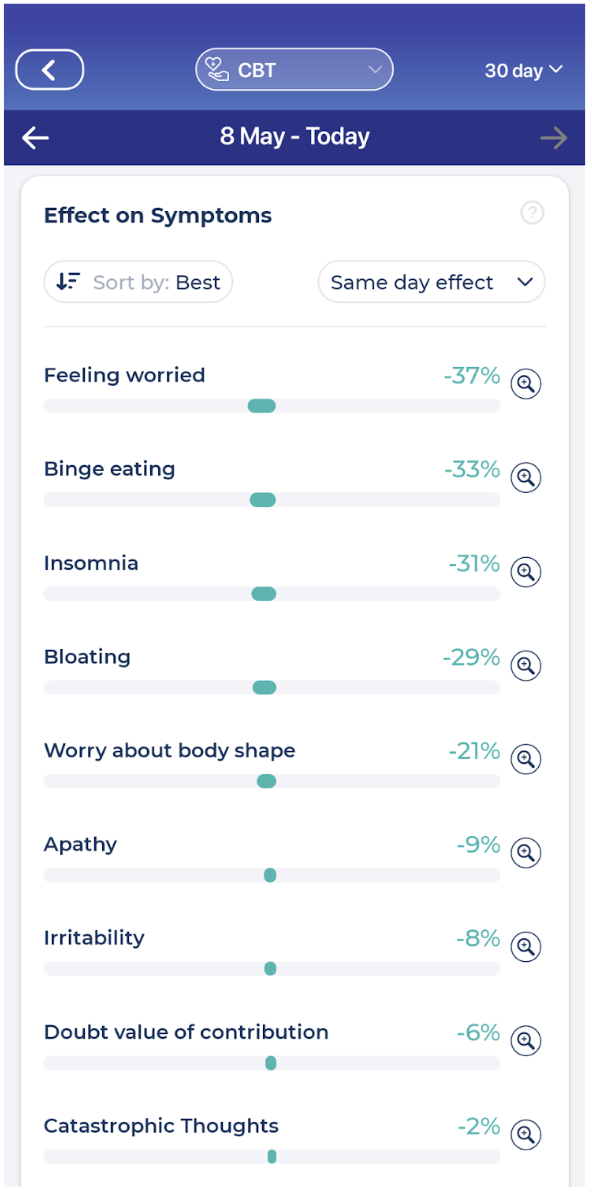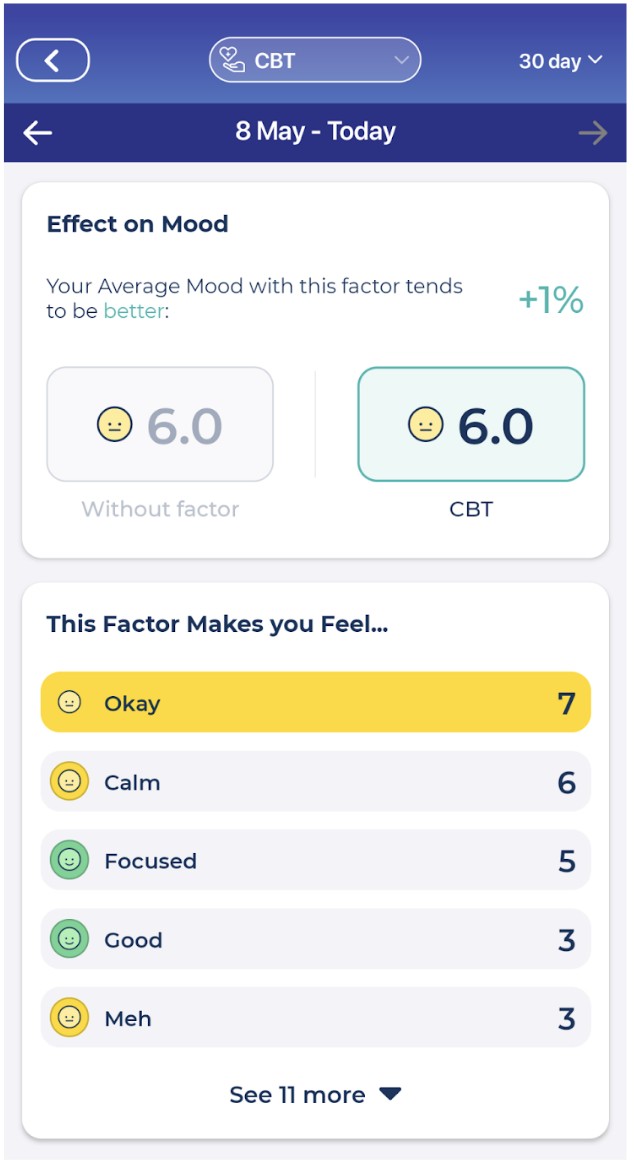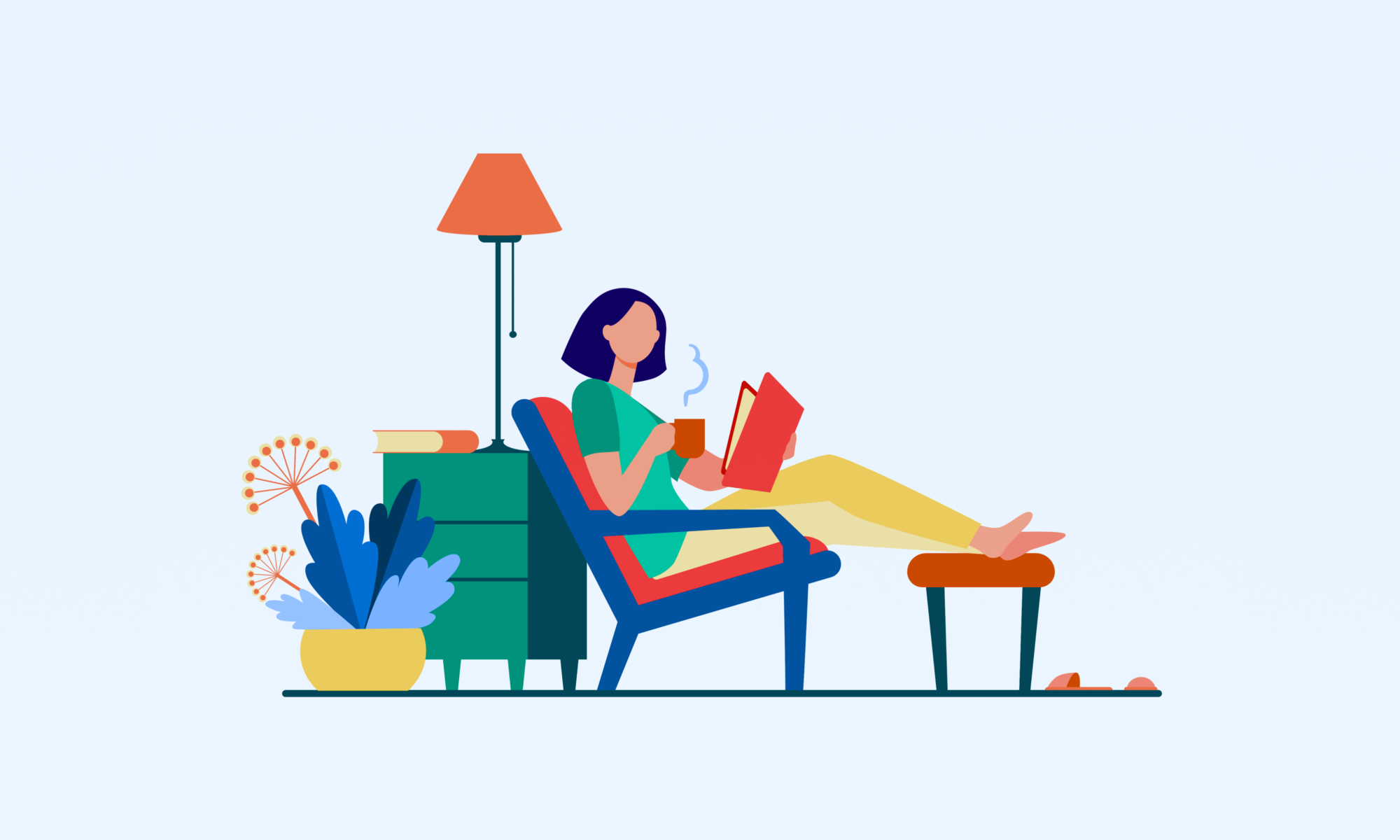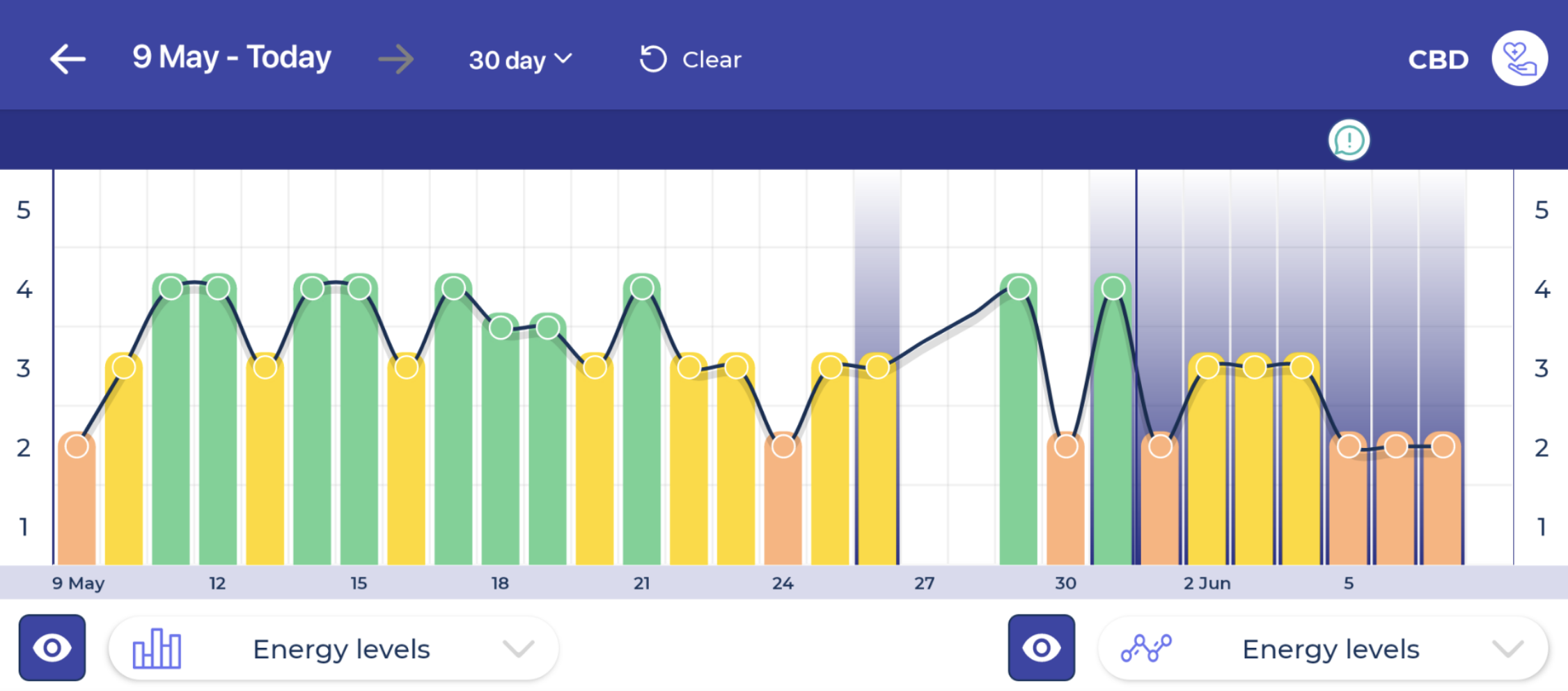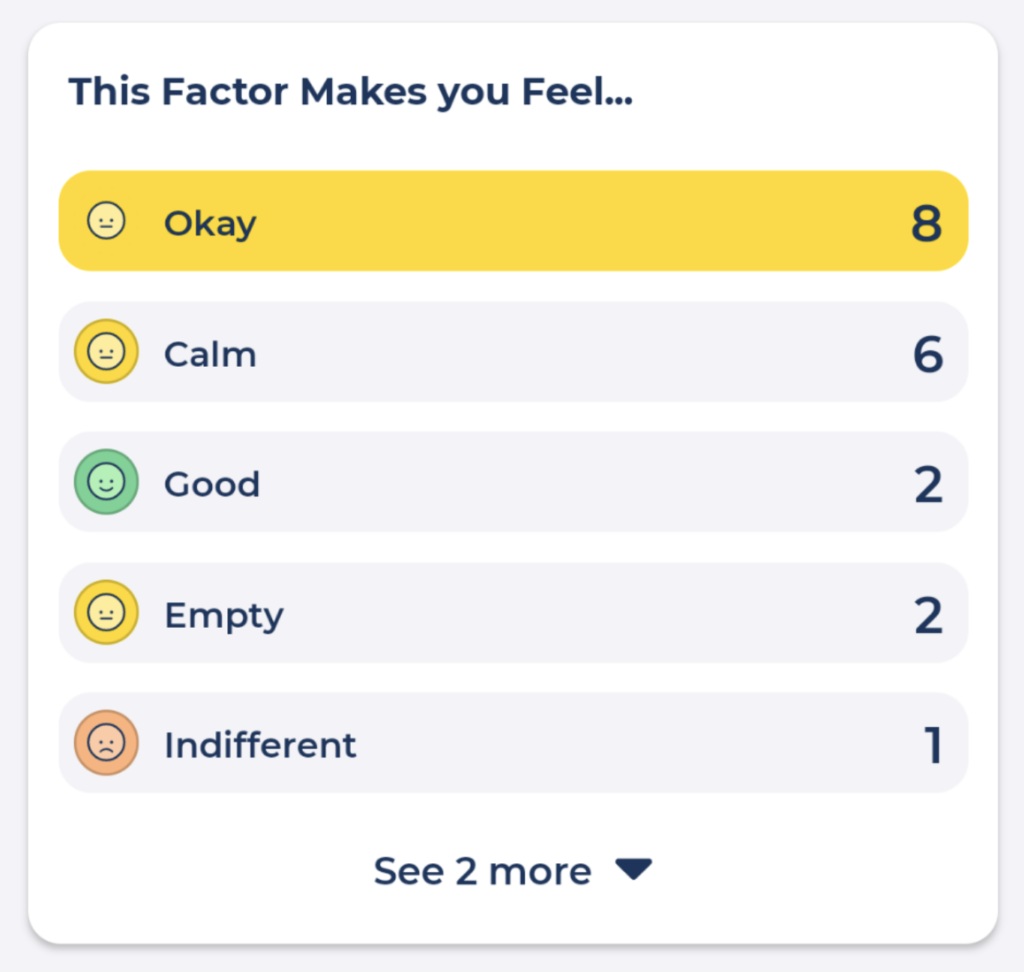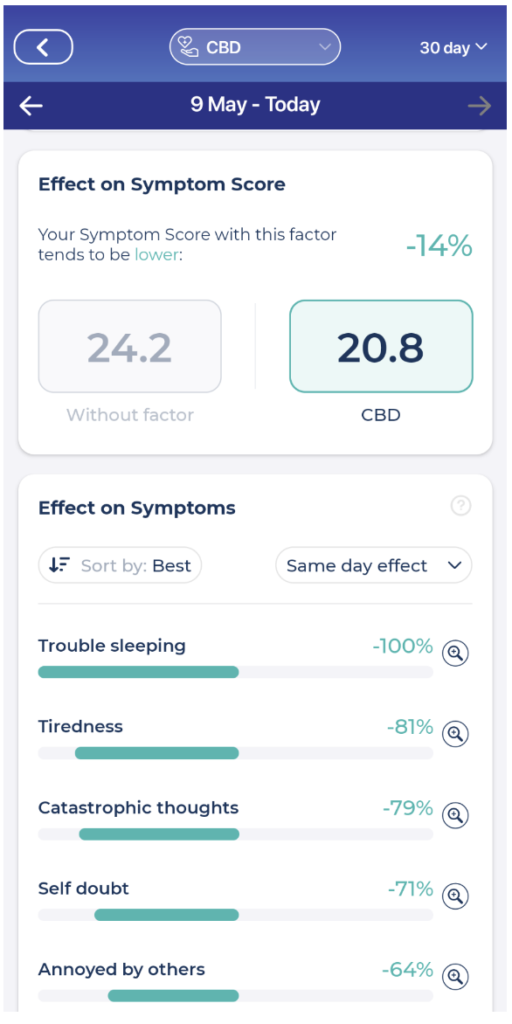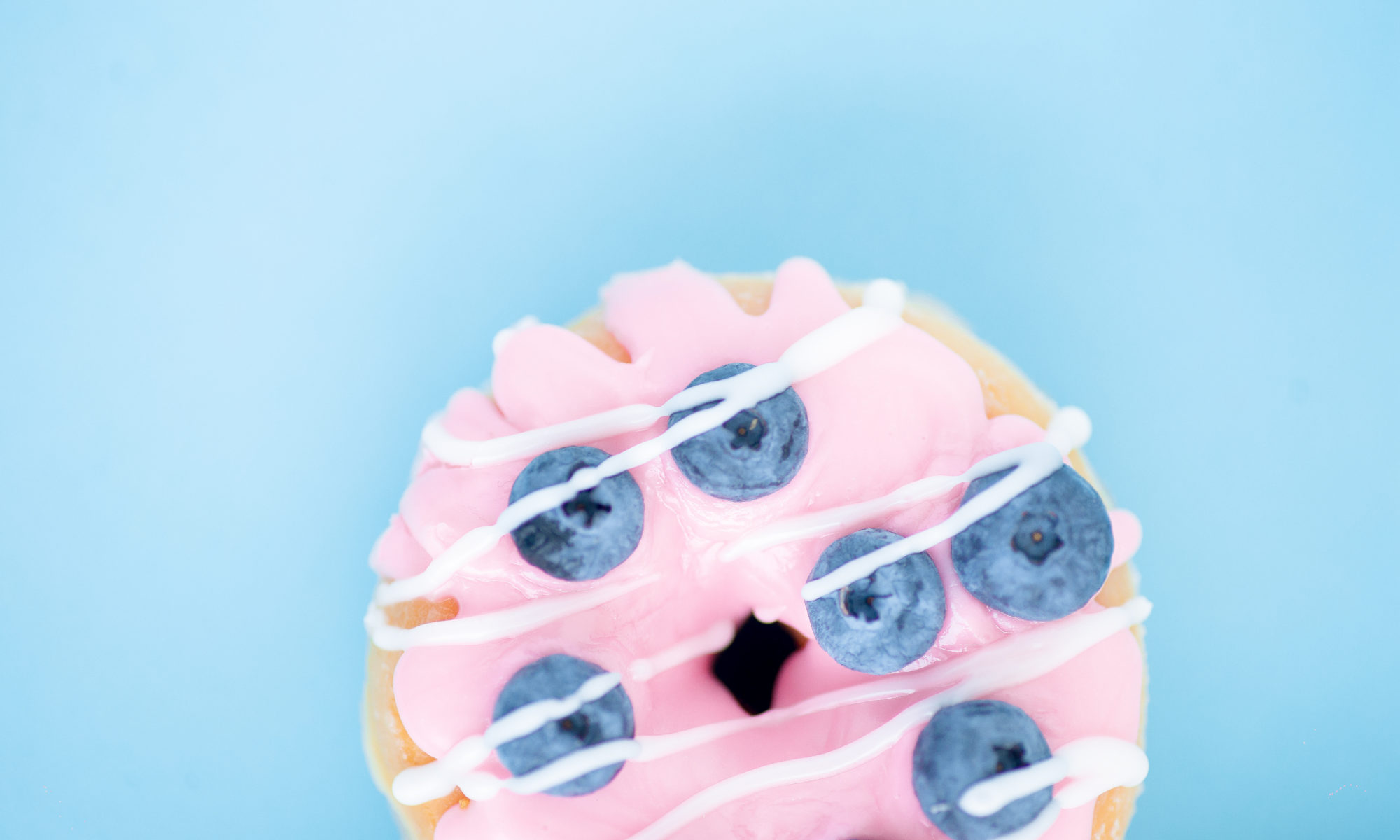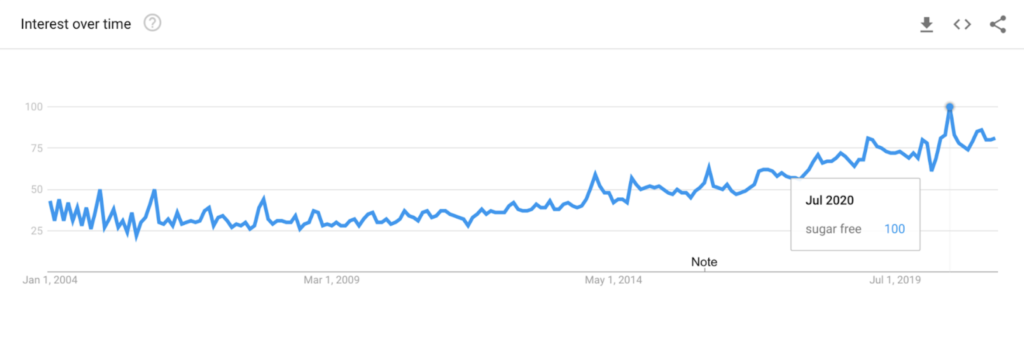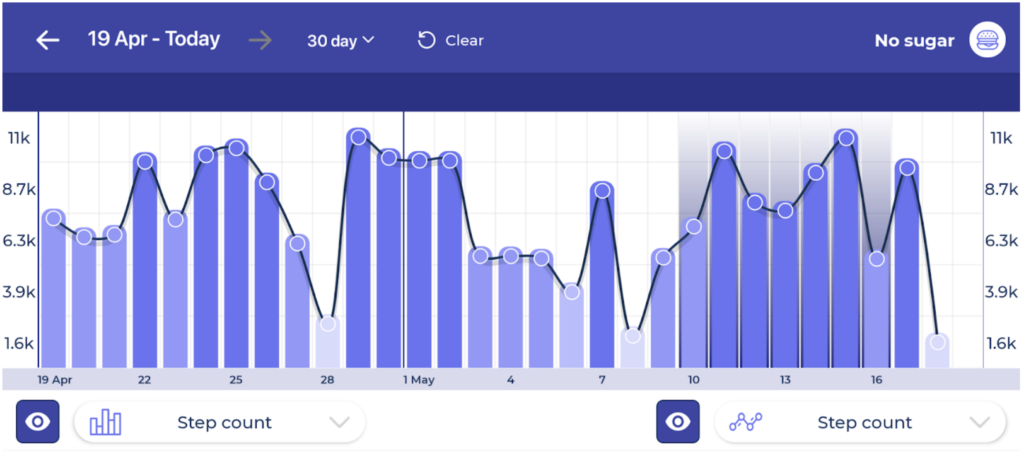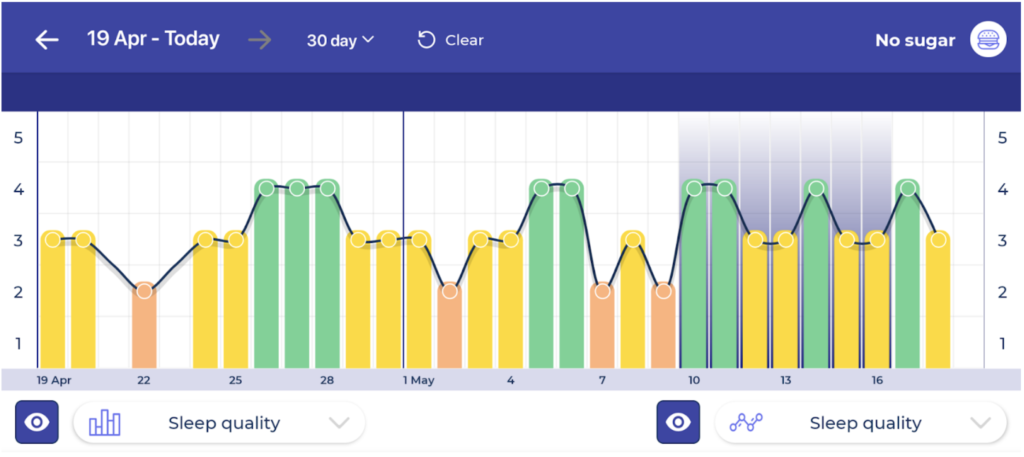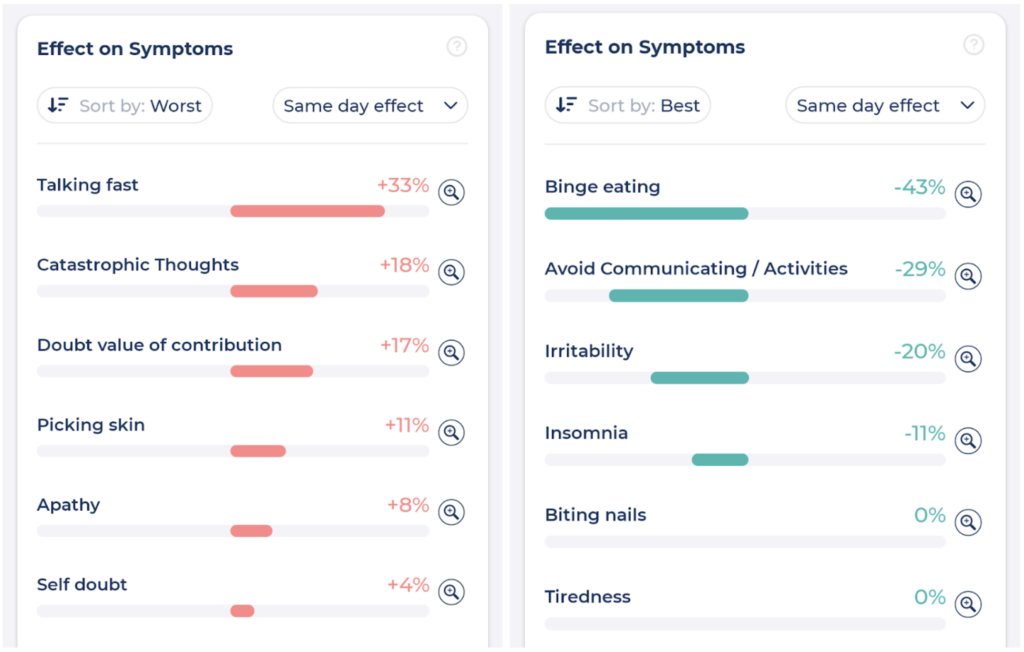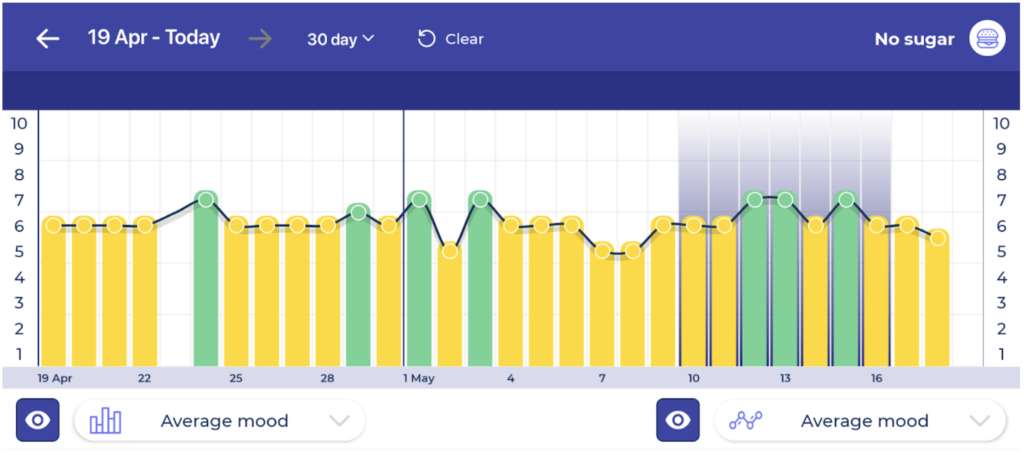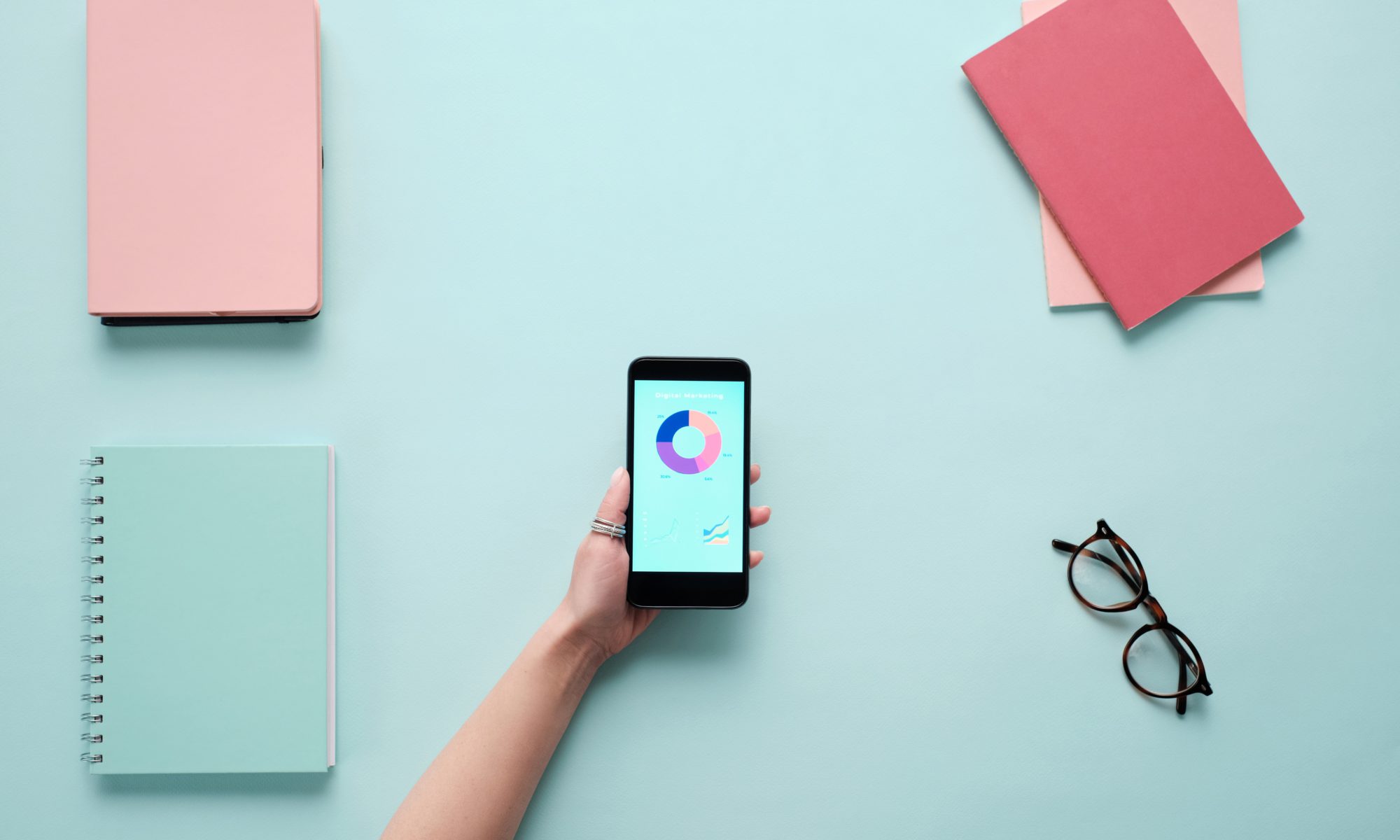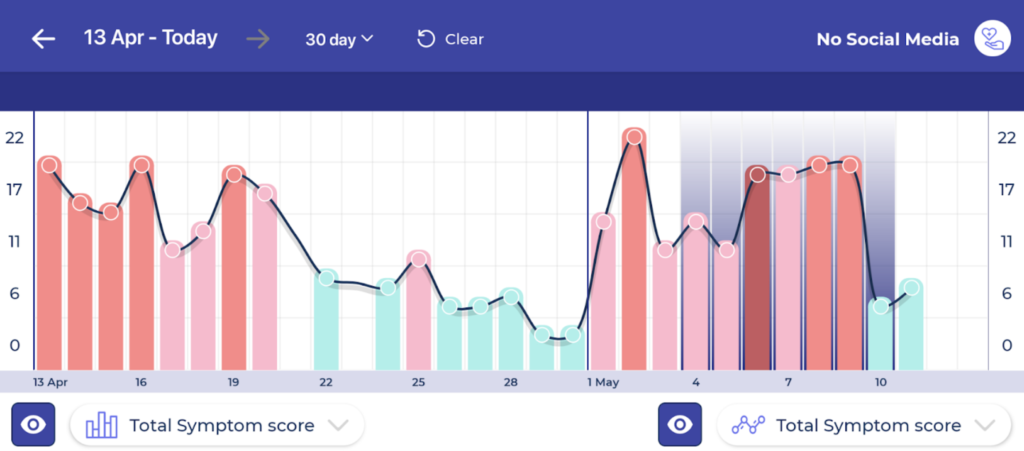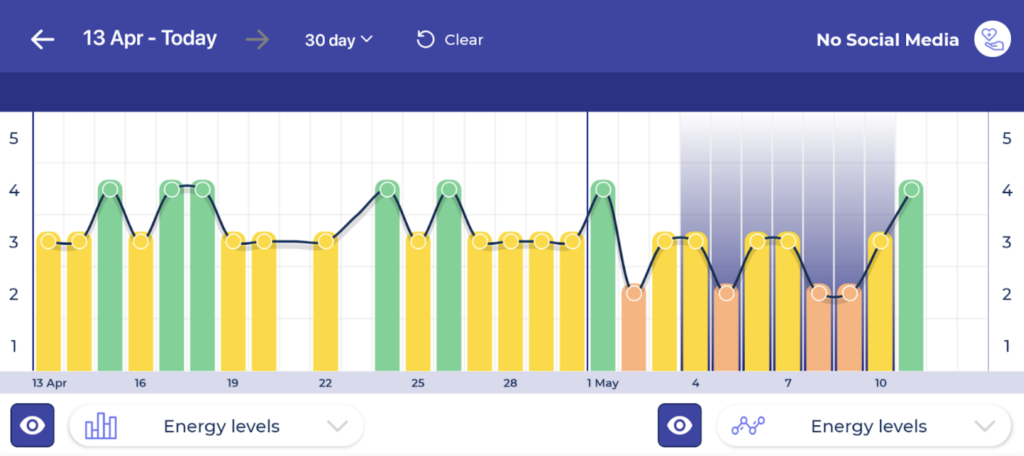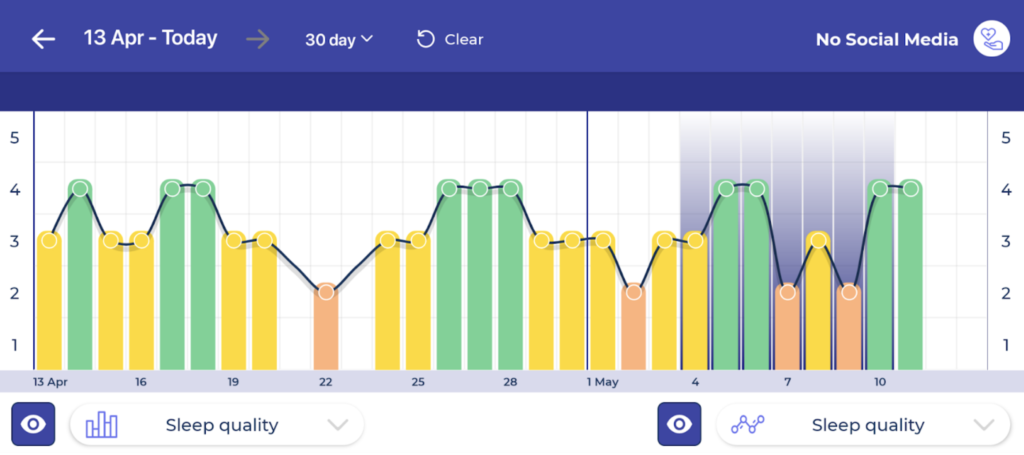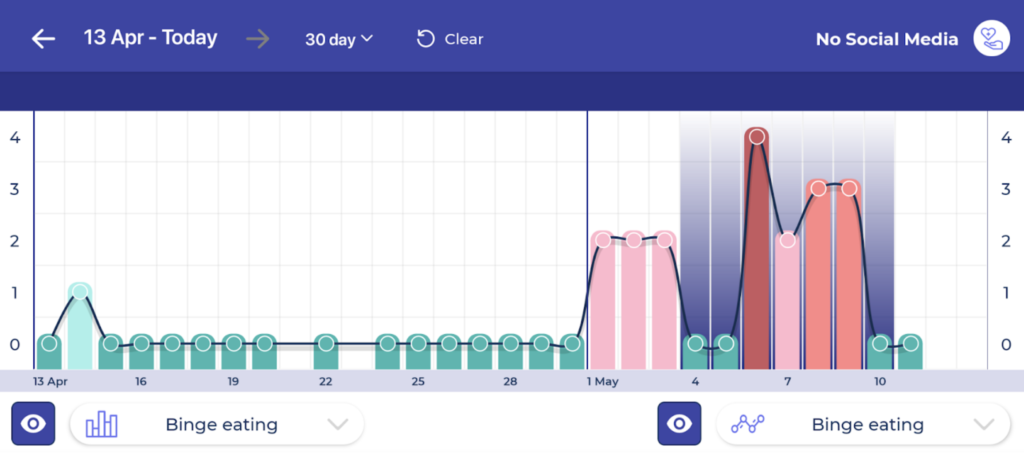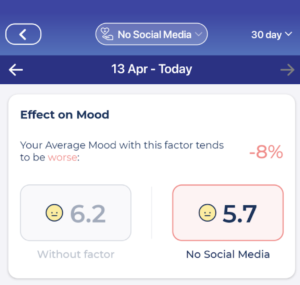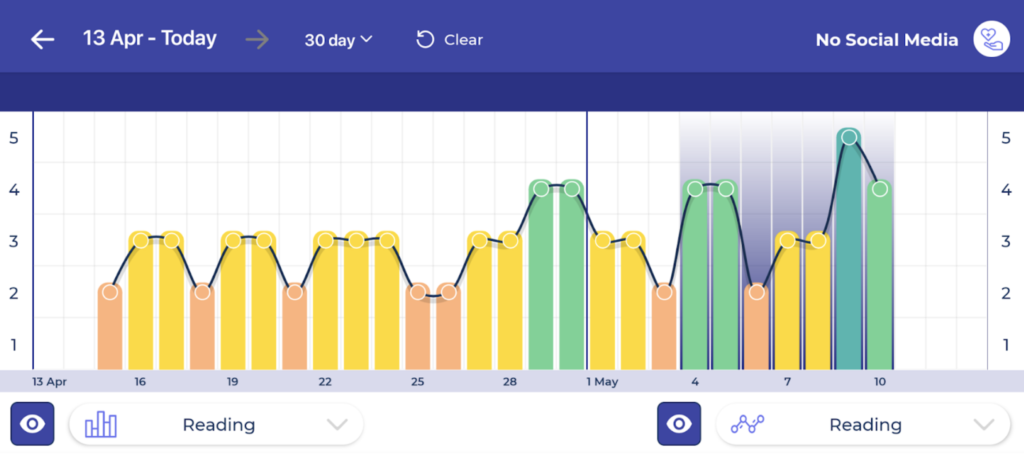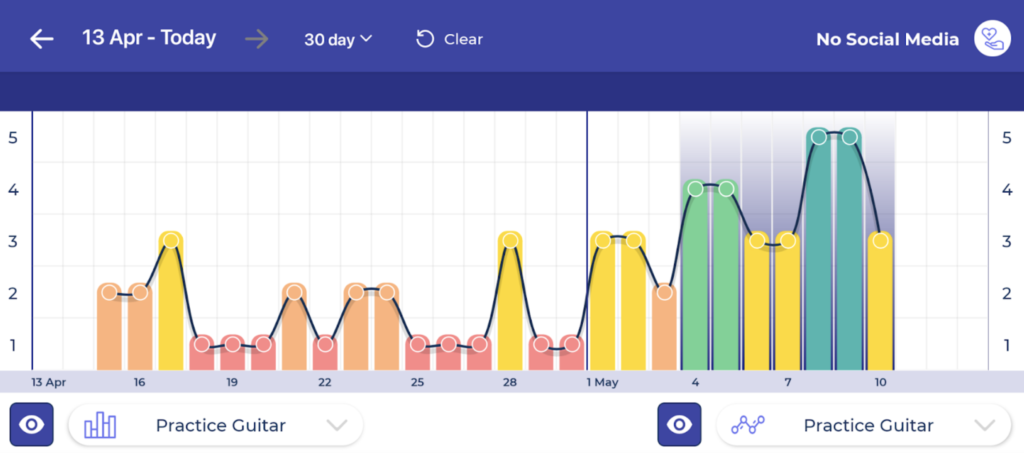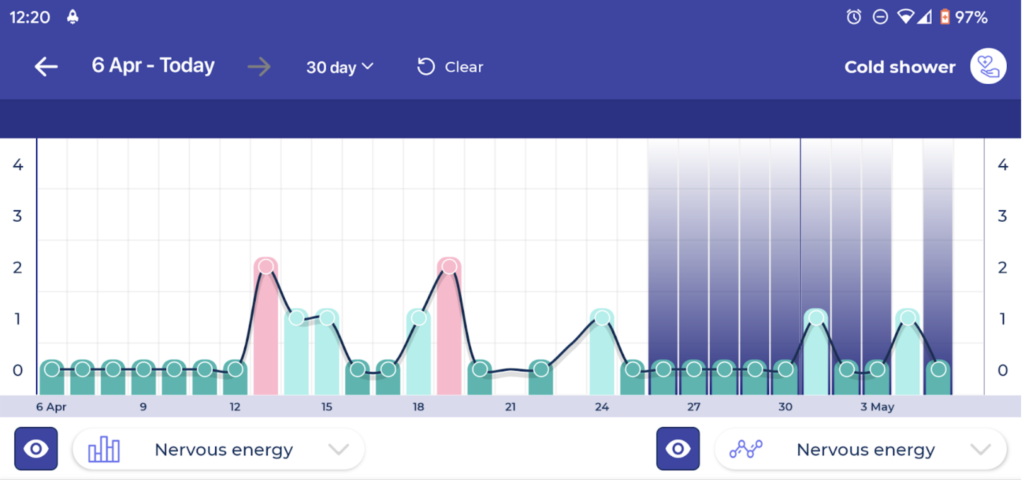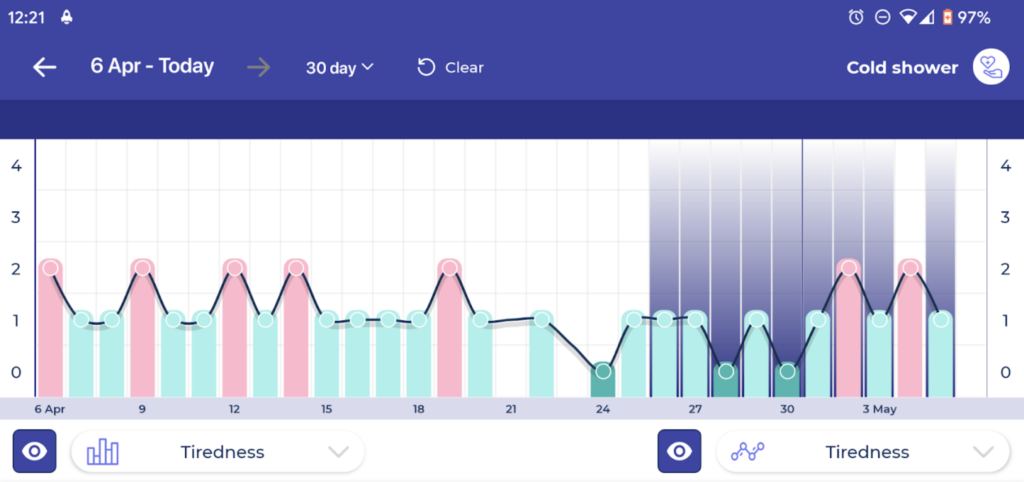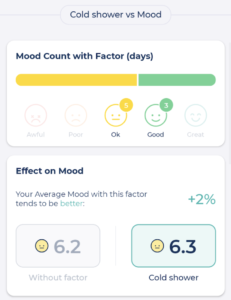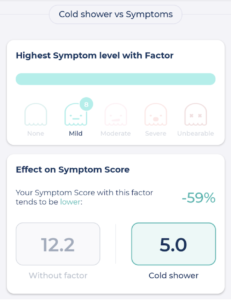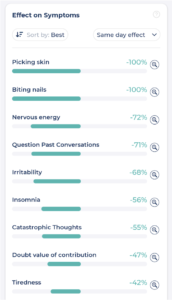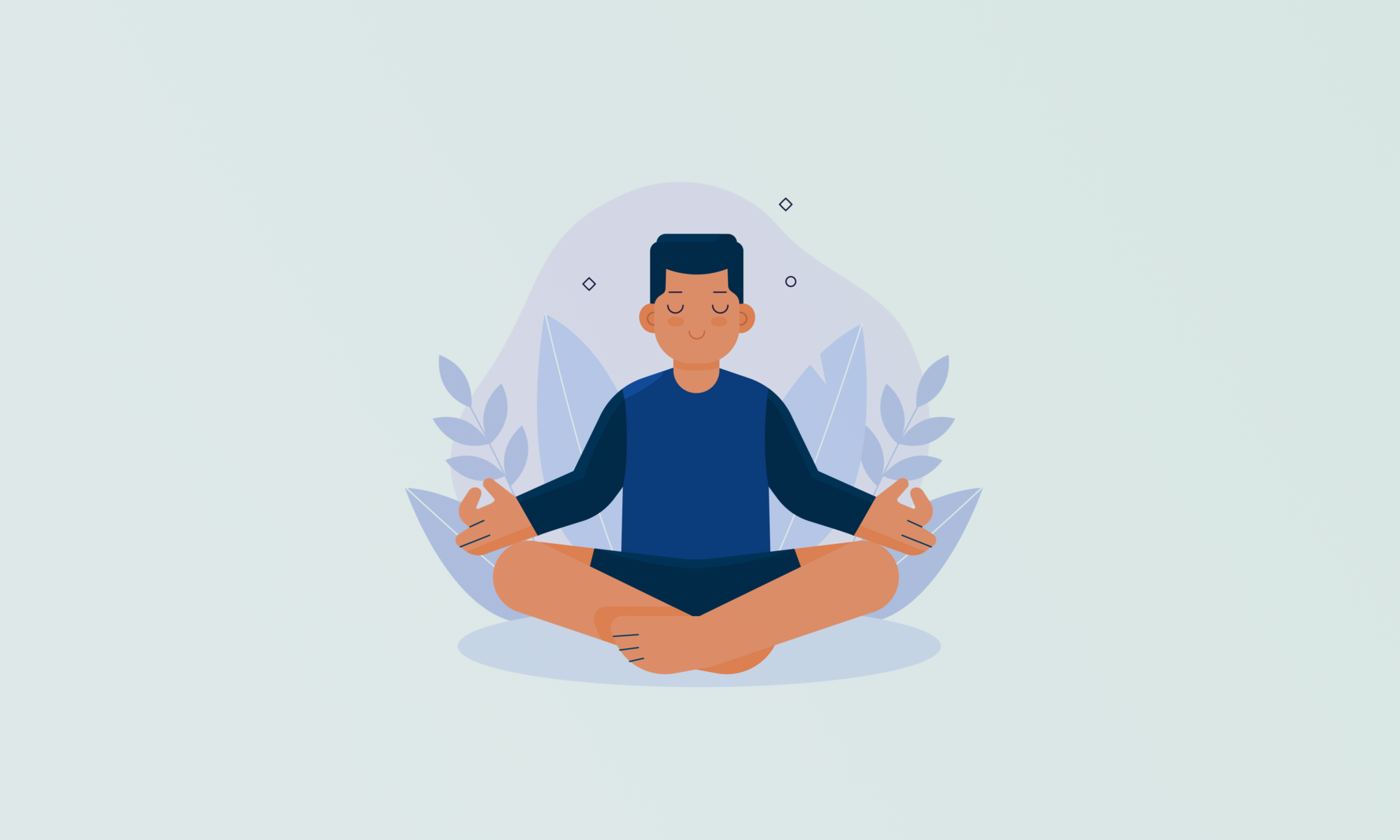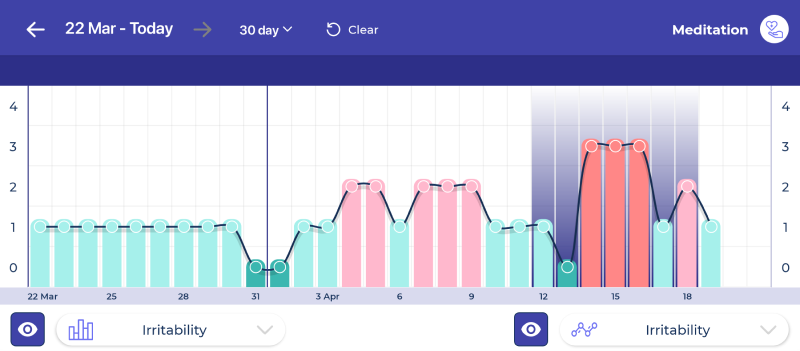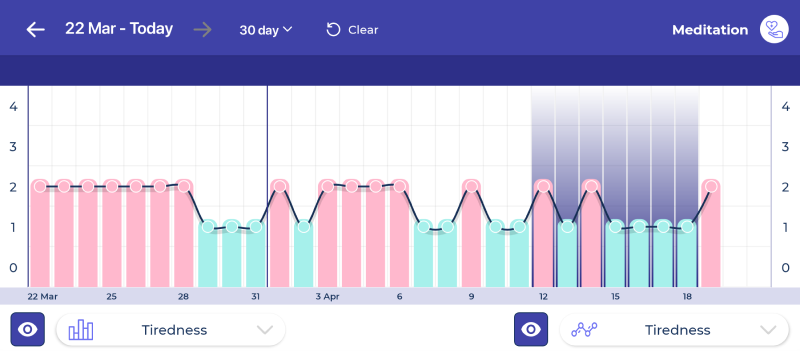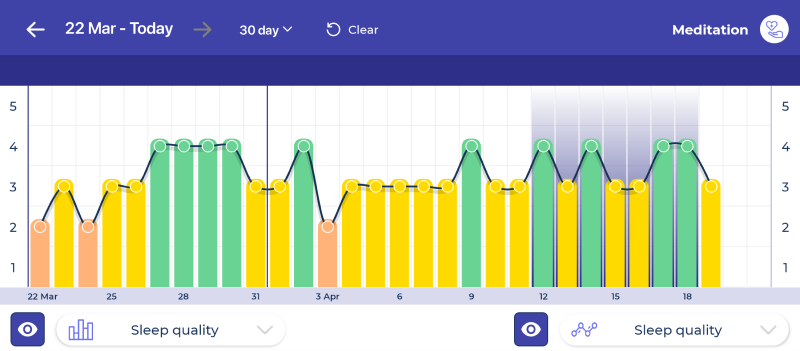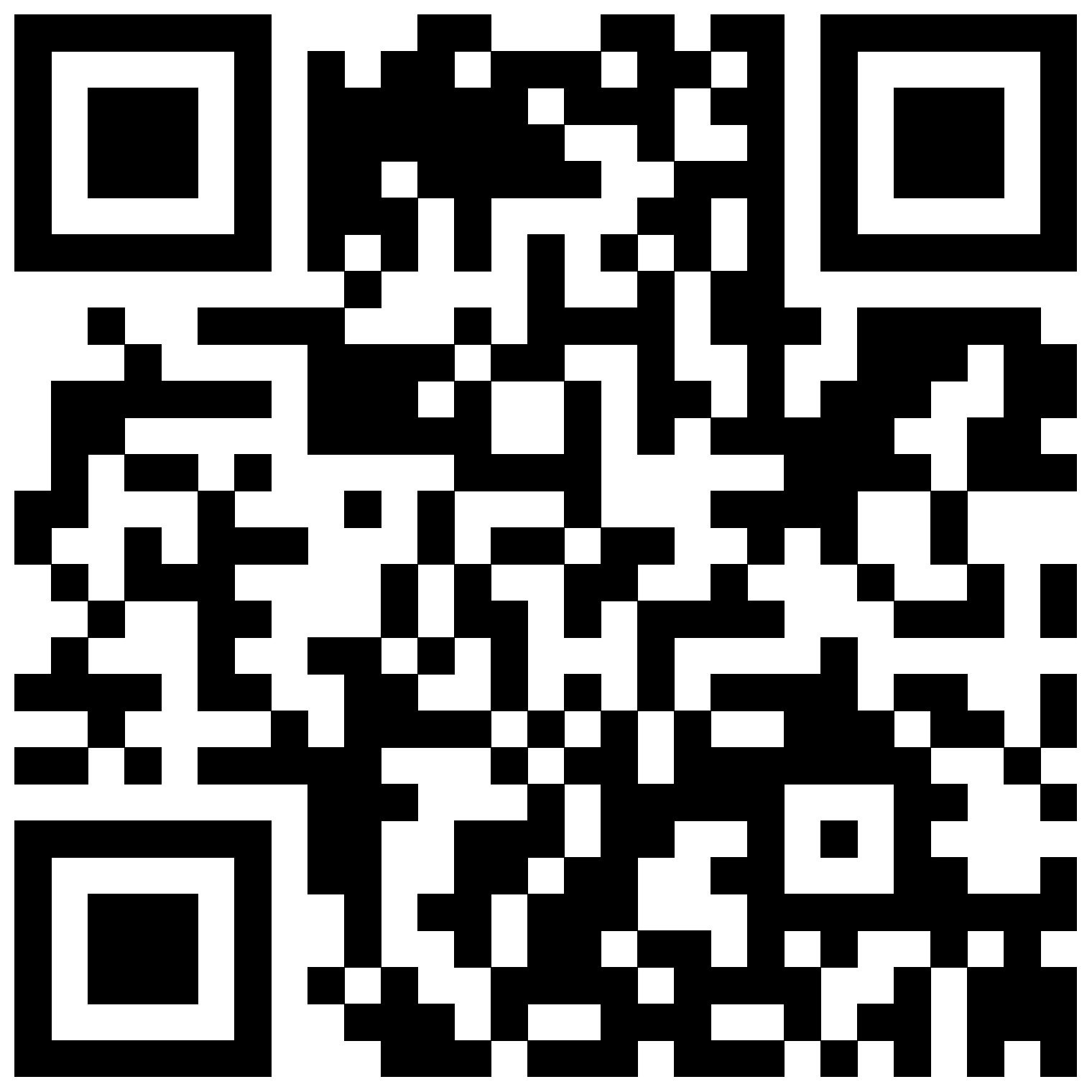The pandemic has taken a toll on my body image.
Since March 2020, I’ve probably done the least cardio and the fewest workouts of my adult life. I’ve also been more likely to binge eat and have generally struggled to regulate my eating habits.
I’m not alone either. A study published earlier this year found that, in the UK, lockdowns had led to a wide range of changes to people’s eating and exercise-related thoughts and behaviours. As well as their body image. This was especially true for women, young people, and people with pre-diagnosed mental health conditions (including eating disorders).
Whilst I’m neither a young person nor a woman, I am someone with a history of mental health issues and disordered eating. If you read this blog, you’ll know that I have Depression, Anxiety, Body Dysmorphia, Insomnia, and was anorexic in my early 20’s. So, for these reasons, I guess I’m more than likely to have been affected by the pandemic.




 As always, it’s probably wise to speak to a medical professional before committing to anything new that might impact your health anyway. Especially if you decide to skip 7-minute workouts and throw yourself into some more extreme forms of HICT.
If you give the 7-minute workout or HICT a try, good luck.
As always, it’s probably wise to speak to a medical professional before committing to anything new that might impact your health anyway. Especially if you decide to skip 7-minute workouts and throw yourself into some more extreme forms of HICT.
If you give the 7-minute workout or HICT a try, good luck.
What are the recommended treatments for negative body image?
Well, there are a few recommendations:-
- Cognitive Behavioral Therapy A form of talking therapy that can help to recognise and adjust faulty patterns of thought
- Psychotherapy or Counseling To help resolve childhood traumas that may be linked to negative body image
- Medication Typically those prescribed for anxiety and especially when in combination with CBT
- Exercise Specifically focusing on what your body can do rather than looks like
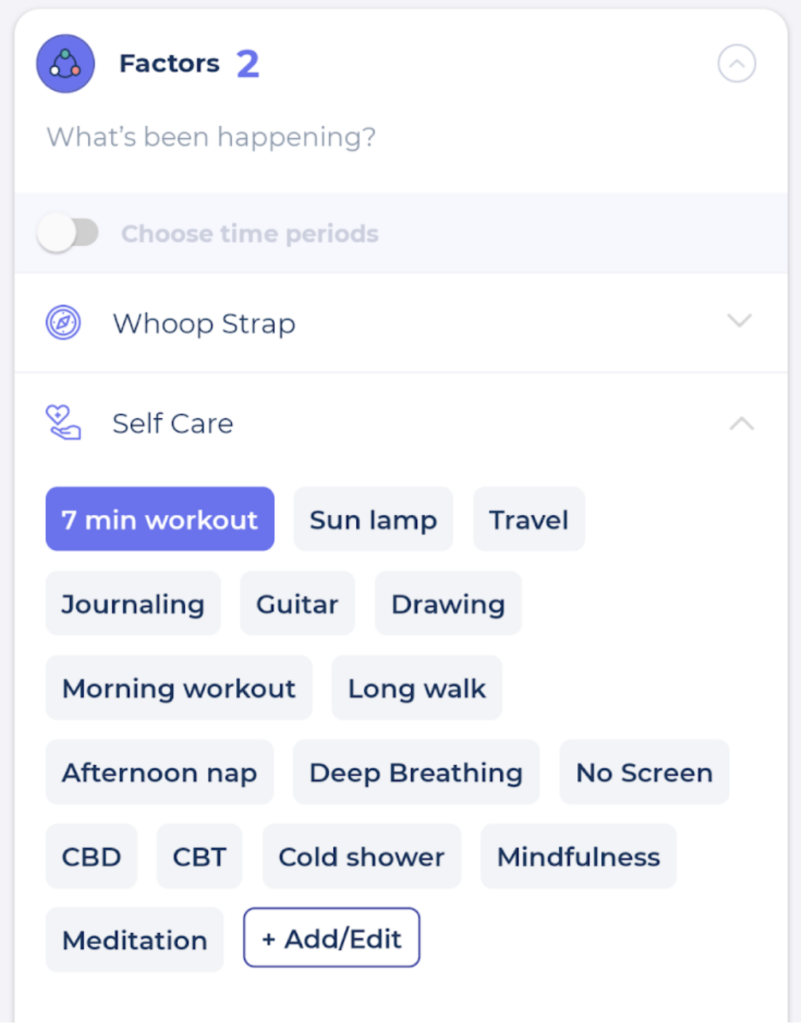
The reason exercise has worked for me in the past is because:
-
- I feel like I’m making an effort to do something about my body image and can be more forgiving of myself as a result.
- The endorphins released from a good workout make me feel better even if they don’t resolve the problem.
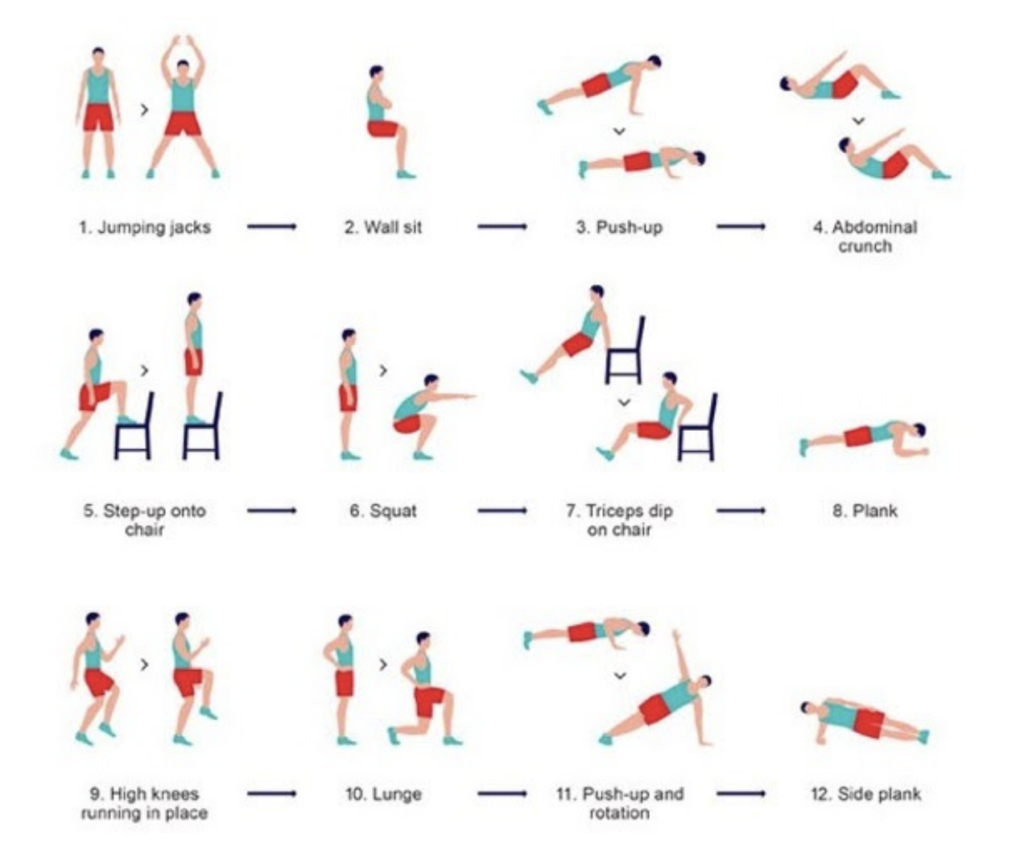
What is a seven-minute workout?
The seven-minute workout (I promise this isn’t a paid promotion) is a form of High-Intensity Circuit training (HICT). It’s essentially body-weight exercises like squats, pushups, crunches, and wall-sits. You do each exercise for 30 seconds with a 10-second rest between each one. The initial workout lasts for 7 minutes. But you can level up the difficulty and length of the workouts as your fitness improves. It was specifically designed by a performance coach and exercise physiologist from the Human Performance Institute in Orlando, FL to help busy clients get efficient but effective workouts. The idea being that if you couldn’t spare an hour or even thirty minutes, you could probably spare seven minutes at some point during your day. Basically, it seemed like it ticked all of the boxes. It was free, scientifically proven, I could do it from home, it was made for people with limited time, and it was less daunting than going back to hour-long gym sessions.Seven Days Of Seven Minute Workouts
To help me with these workouts I downloaded a seven-minute workout app. This made it easier to adjust the routines and keep track of my progress. I tracked each workout as a factor in Bearable and logged my health outcomes (mood, energy, sleep, and symptoms) after each session. Day one. I started with the basic 7-minute workout. I was surprised at how quick it was without feeling totally ineffective. It felt positive to workout, even if it was only for a few minutes. Day two. Day one had been so simple that I looked forward to working out again. I doubled up the workout to make it a bit more difficult. Day three. I was a bit sore and that made me feel like the workouts were actually doing something other than just raising my heart rate. If nothing else, I felt like I was making an effort and wasn’t daunted by the prospect of working out again the next day. Day four. I switched up the routine to try some different exercises and ended up increasing the difficulty after the first 7-minute cycle. I also started noticing that my binge-eating was getting worse / more likely to flair up. Day five. I went a bit harder and committed to a 21-minute workout. Possibly from the guilt of having eaten too much the previous day. I enjoyed pushing myself but still ended up feeling self-conscious about my body despite making the effort to work out every day. Day six. I changed the routine again and did a 15min workout. I was really enjoying how easy it was to fit these workouts into the day. I also learned how much I hate wall-sits and planking. Day seven. For once I didn’t slack off or look forward to the end of an experiment. I really enjoyed the format of these workouts, they ticked all the right boxes for me and I didn’t want to stop. They were accessible and made my body feel less useless.What did Bearable say about the impact of 7-minute workouts on my health?
Avg. Mood worsened by 1% Avg. Energy improved by 10% Avg. Symptom Score worsened by 15% Avg. Sleep Quality worsened by 6% Avg. Sleep Quantity worsened by 6%
How did HICT positively affect my symptoms? Binge eating improved by 13% Trouble falling asleep improved by 9% Avoiding appearance improved by 7% Worry about weight improved by 6% How did HICT negatively affect my symptoms? Worrying about communicating worsened by 143% Self-criticism worsened by 94% Avoiding interests worsened by 46% Worry about my body shape worsened by 14% Worrying about my face worsened by 12% Worry about appearance worsened by 4%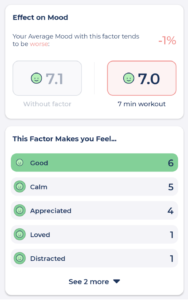
What did I learn about my health by doing HICT every day for a week?
Did it improve my body image in a week? No. But did it feel like it could? Yes! These workouts were flexible, enjoyable, and something I could see myself sticking to. They didn’t force me to repeat old bad habits and they gave me back some of the energy I had lost after getting vaccinated. HICT felt like the start of a positive body-image journey. Going into this experiment, the thing I feared most was that my binge eating would get dramatically worse. Whilst there were certainly days where it felt worse, I was amazed to see that my binge eating had actually improved. In the past, I’ve used more strenuous, longer workouts as an excuse to overeat. Which can then turn into a negative cycle of binge eating that I’m unable to stop or escape from. Because these workouts were shorter – though still difficult enough – I found myself less likely to repeat those habits. Ultimately, I think this is because it’s easier to lie to myself about what I “deserve” to eat after a 3-hour hike or an hour of squats and deadlifts. Whereas, a 7-minute workout doesn’t feel like a genuine way to justify or offset the extra calories. What got worse? Judging by the symptoms above, I became far more self-conscious. To be honest, this was something I kind of anticipated. I often become more self-critical and tend to compare myself to others more when I’m working out. Especially in the early days of a new routine. Whilst these symptoms flaring up isn’t great, I’d likely see the same outcome for any workout. I also knew they’d eventually subside with time. The longer I workout and the more I see the results, the less these symptoms are an issue. Overall, I view this as a positive experience. My mood didn’t really change. In fact, it stayed at a fairly consistent 7 or 8 out of 10 the whole time. My sleep got a bit worse, maybe due to the couple of days where I did eat more calories than normal. Though I was more self-critical about my appearance I also had more energy and found a style of workout that didn’t make me constantly binge eat.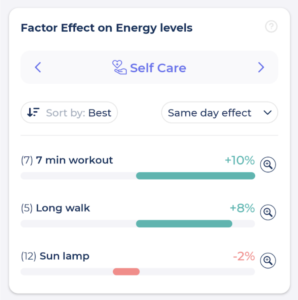
Would I recommend HICT to other people with body image issues?
Yes. I think they’re a great way to get back into a fitness routine after a year of being locked indoors. If like me, you’ve been struggling with fatigue then this is one way to ease yourself back into working out. It’s flexible, scientifically proven, and most importantly; enjoyable! Will it help with your body image? Maybe not immediately but honestly, what workout will? One thing I’ve learned from this experience is that some of my health issues may not be possible to manage with self-care alone. So whilst finding a workout routine I find enjoyable and want to stick to might help me to “look better” and feel healthier in the long run. It’s maybe unwise for me to expect a shortcut to resolving the issues that underpin my body dysmorphia and body image. Instead, view HITC – and specifically the 7-minute workout – as a way to get back onto a path towards better health, energy, and well-being. But, if like me, you’re struggling with body image issues, the best solution might be to speak with a medical professional.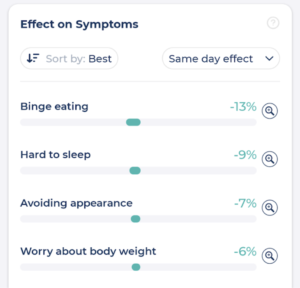 As always, it’s probably wise to speak to a medical professional before committing to anything new that might impact your health anyway. Especially if you decide to skip 7-minute workouts and throw yourself into some more extreme forms of HICT.
If you give the 7-minute workout or HICT a try, good luck.
As always, it’s probably wise to speak to a medical professional before committing to anything new that might impact your health anyway. Especially if you decide to skip 7-minute workouts and throw yourself into some more extreme forms of HICT.
If you give the 7-minute workout or HICT a try, good luck.

